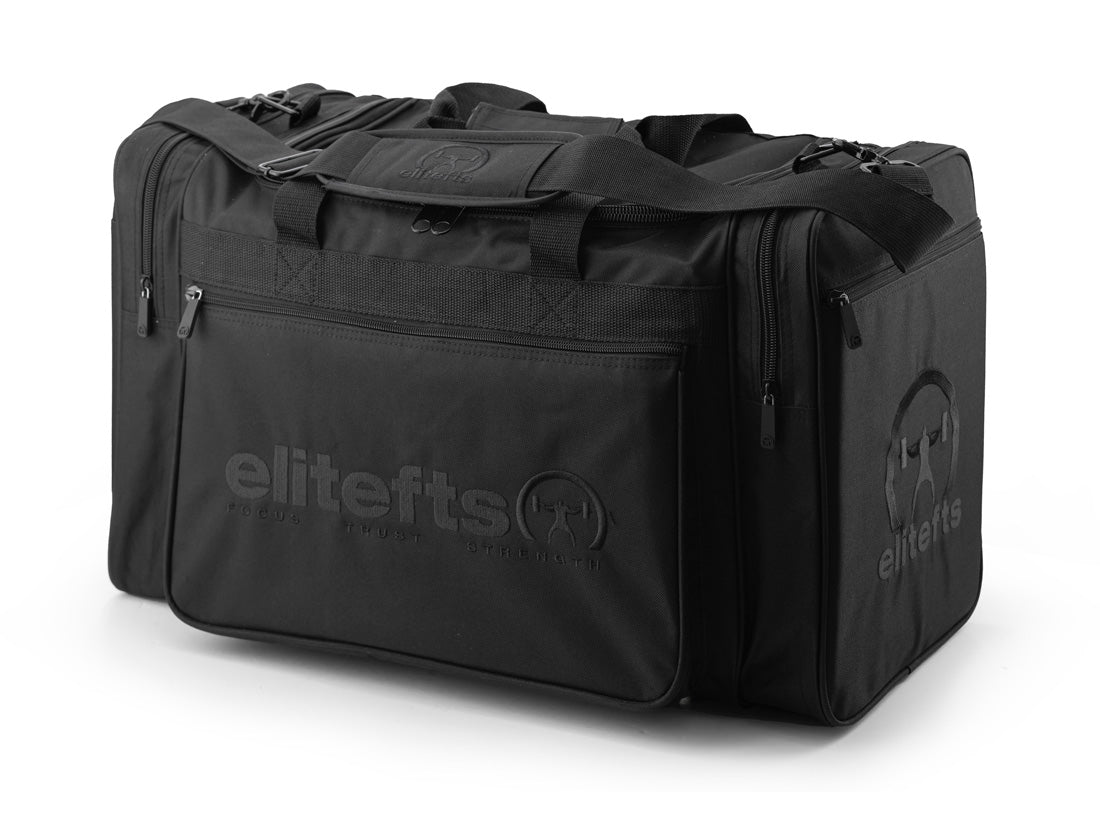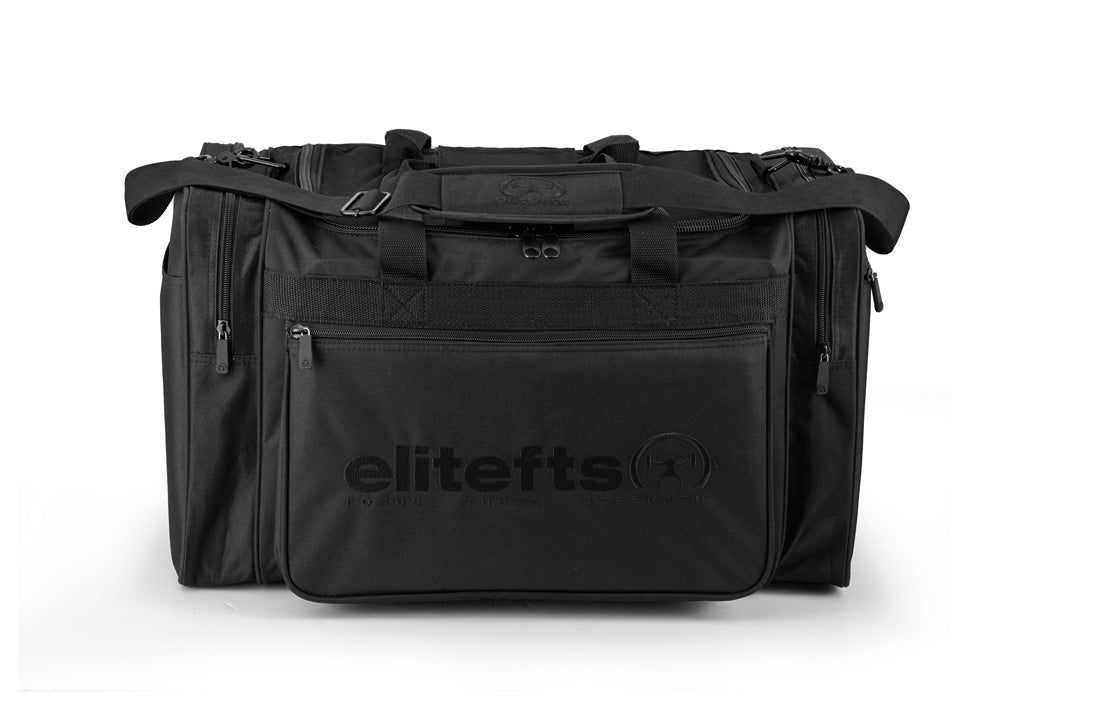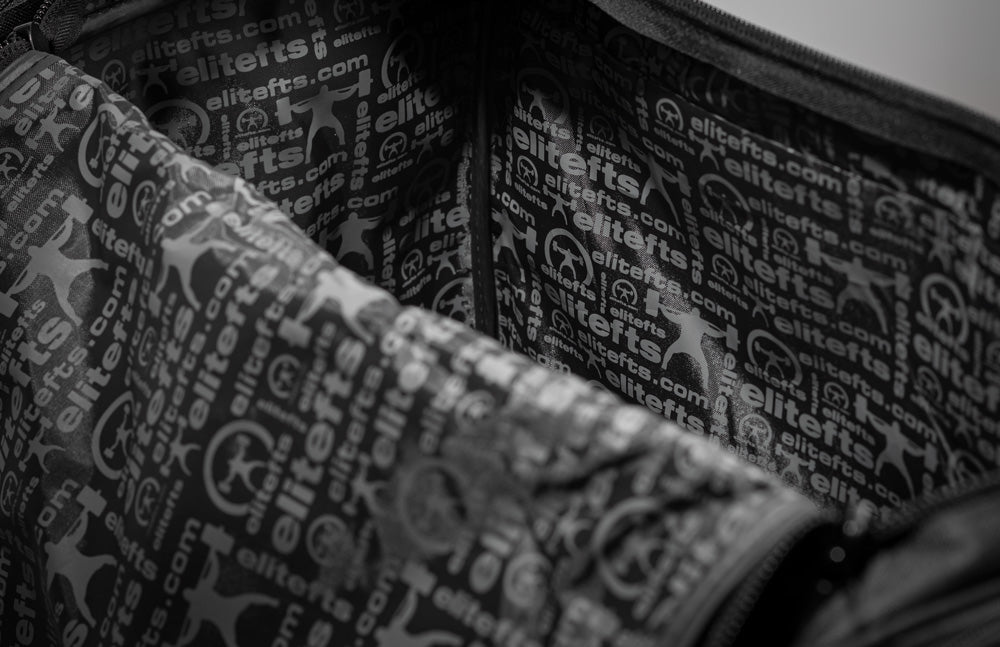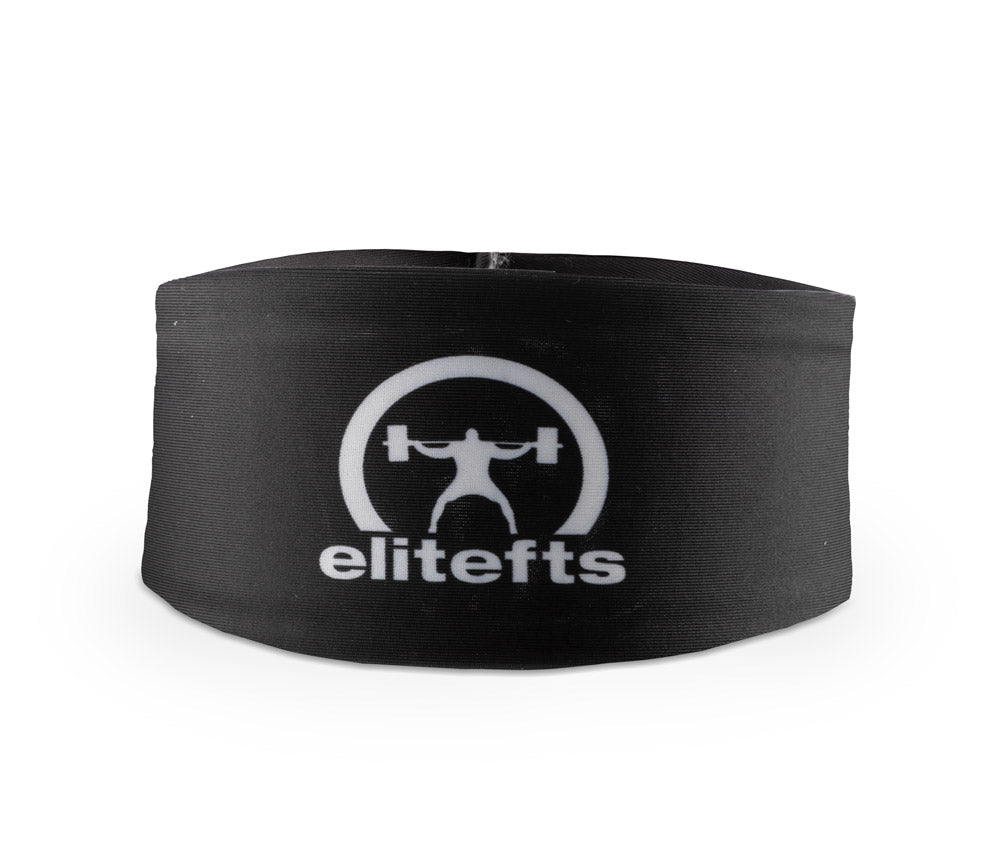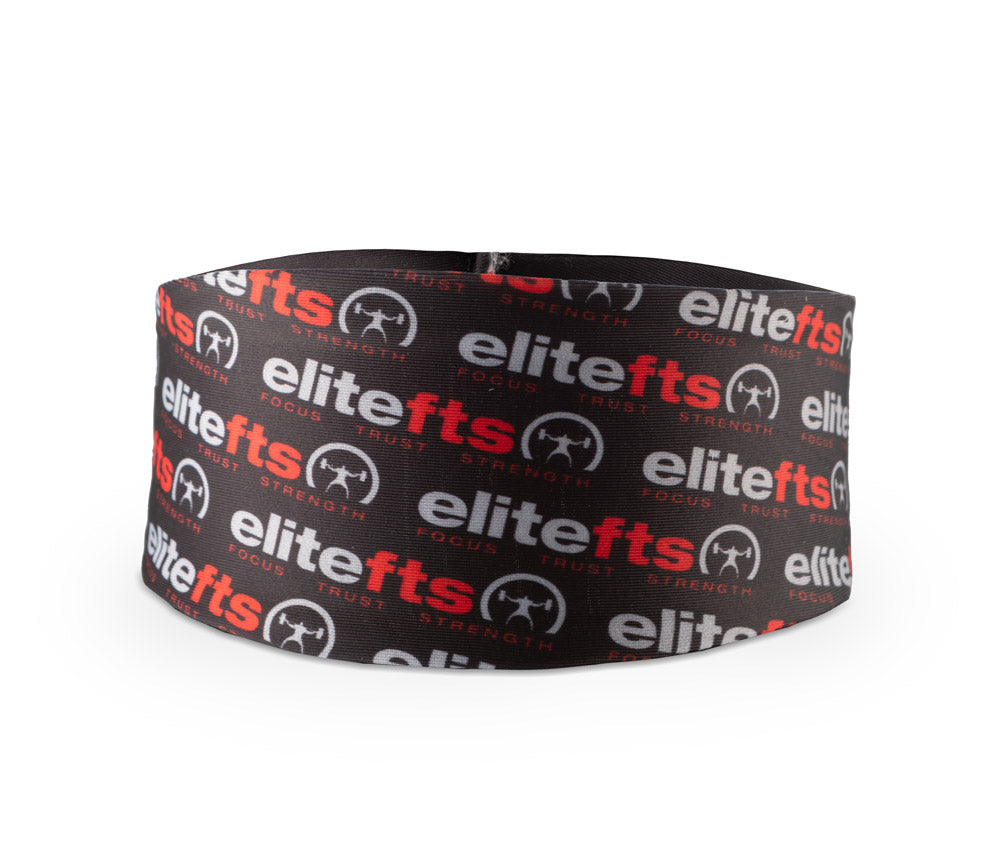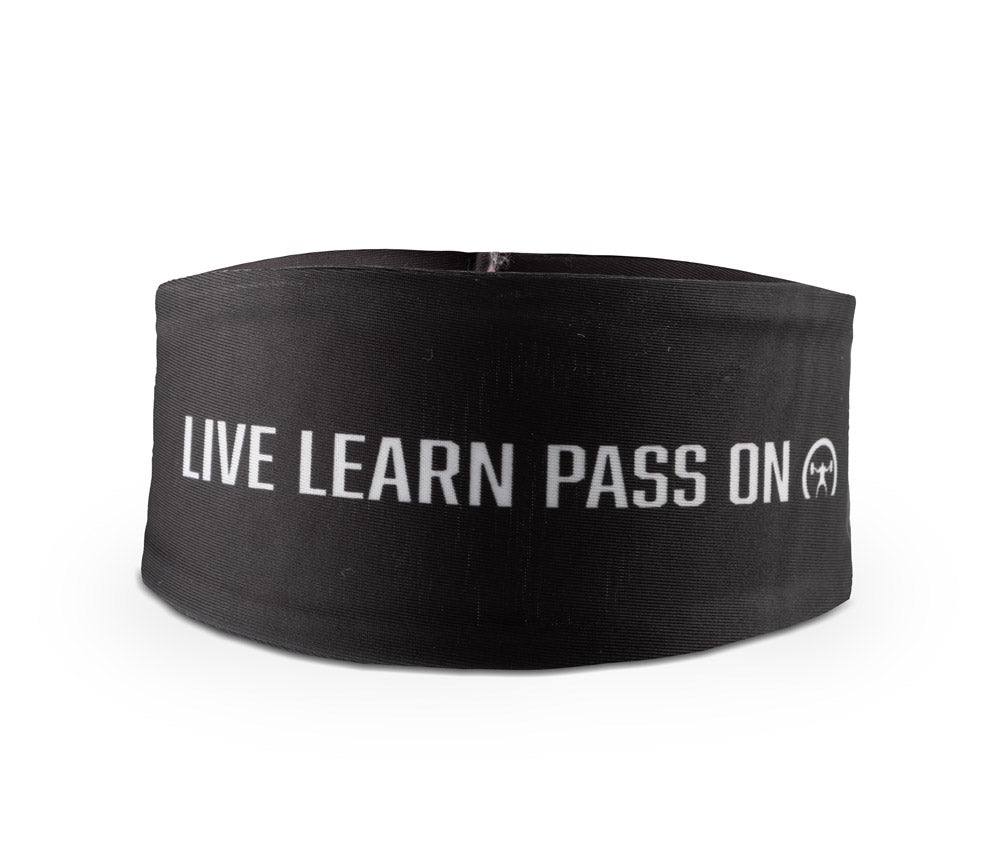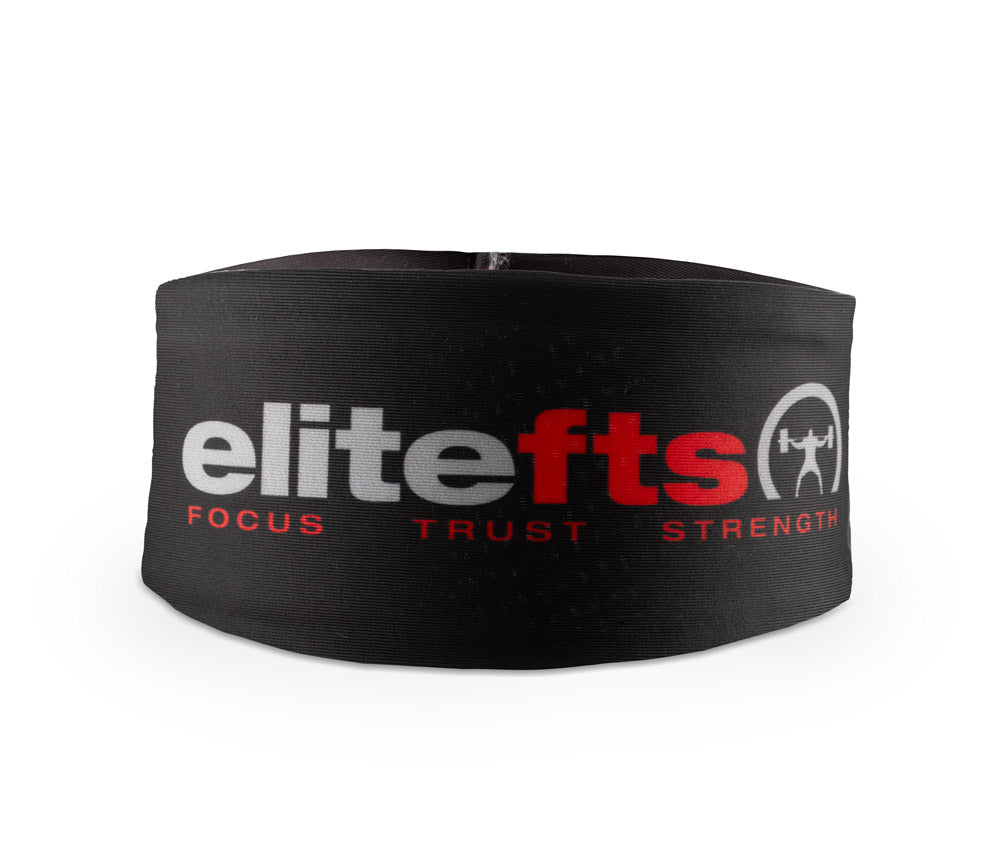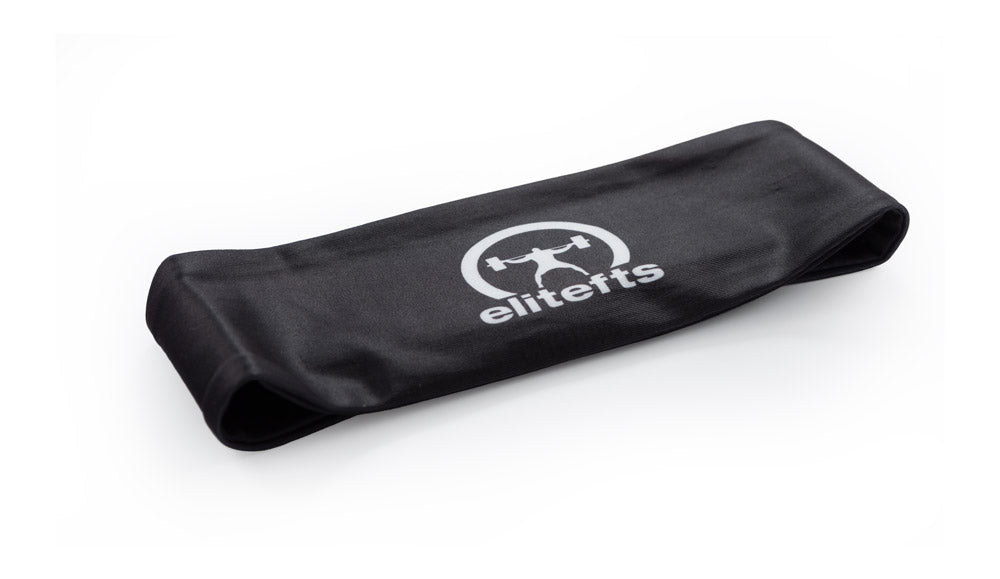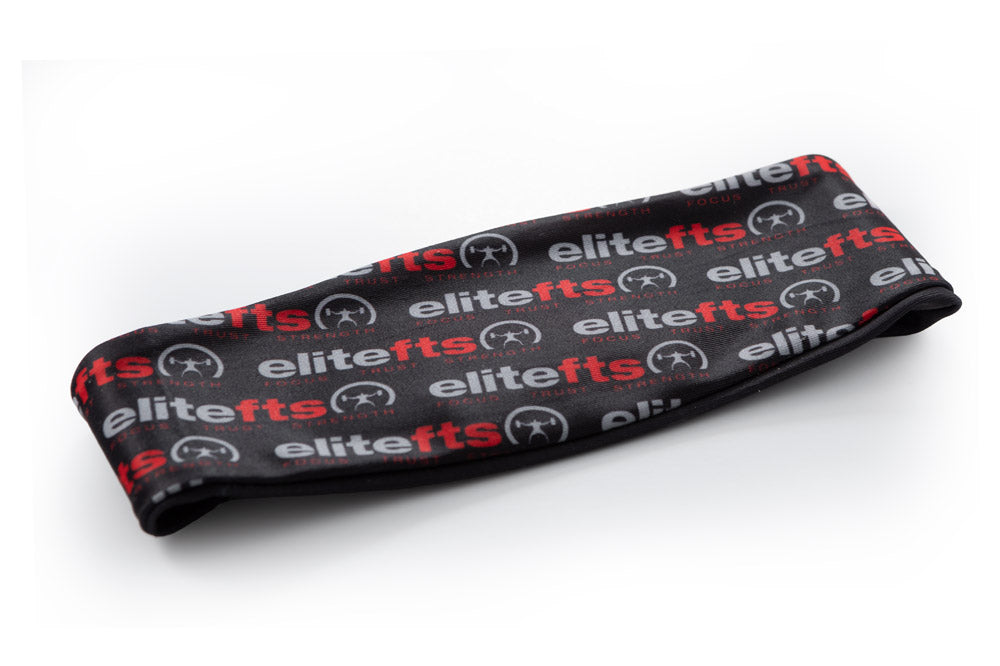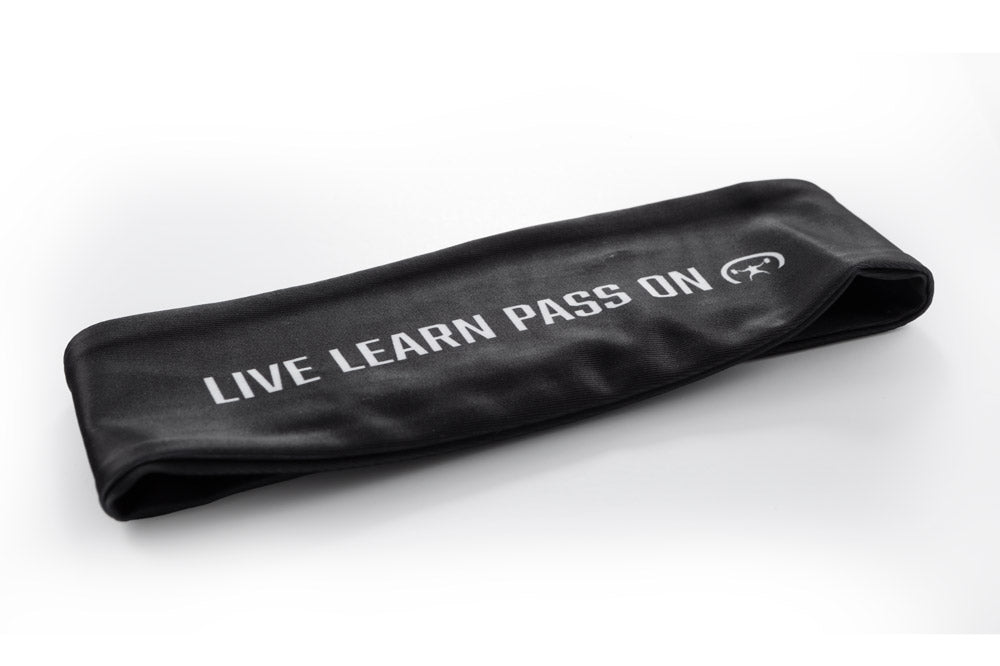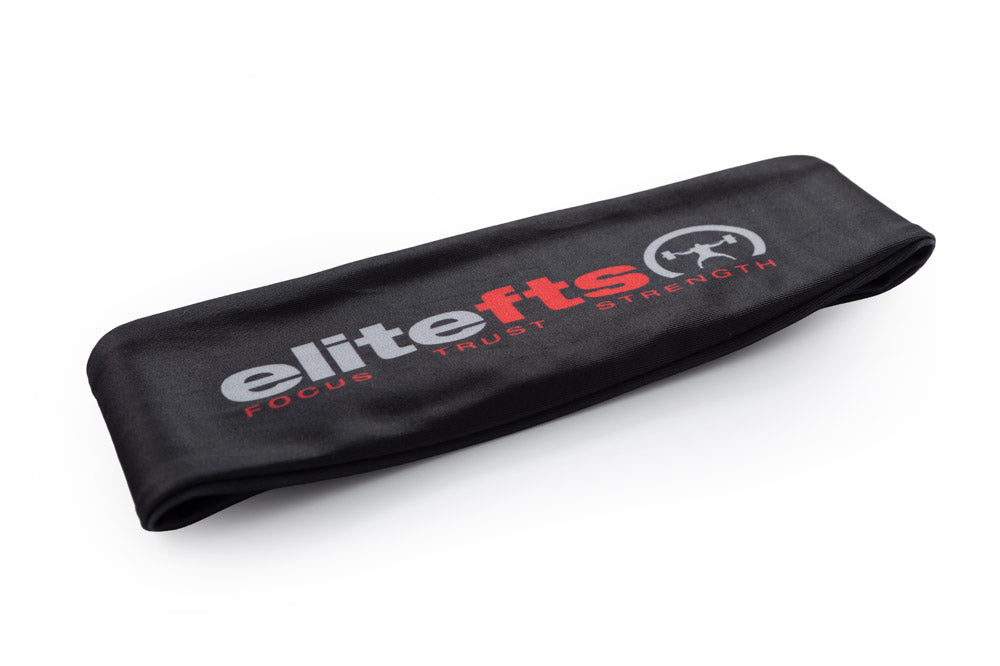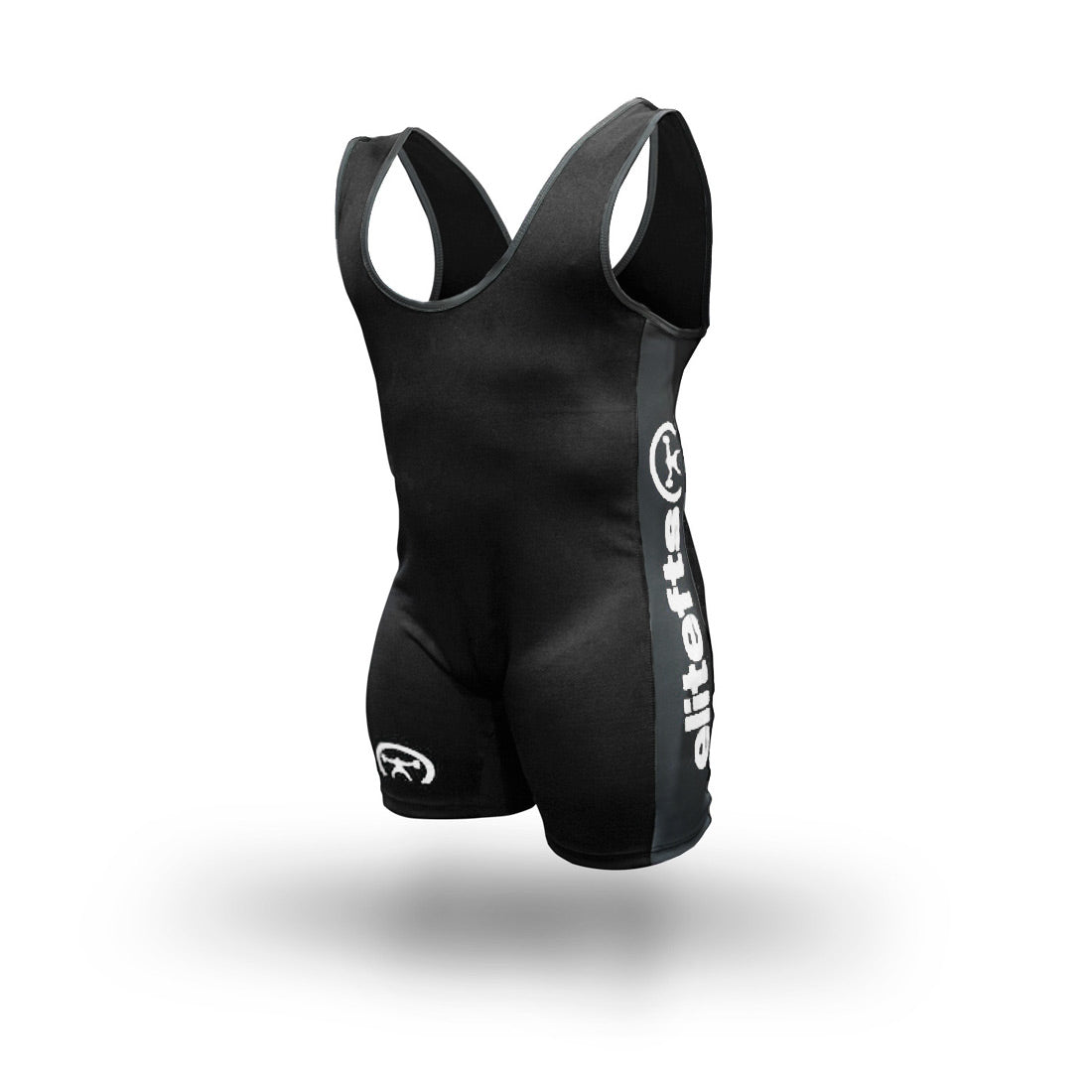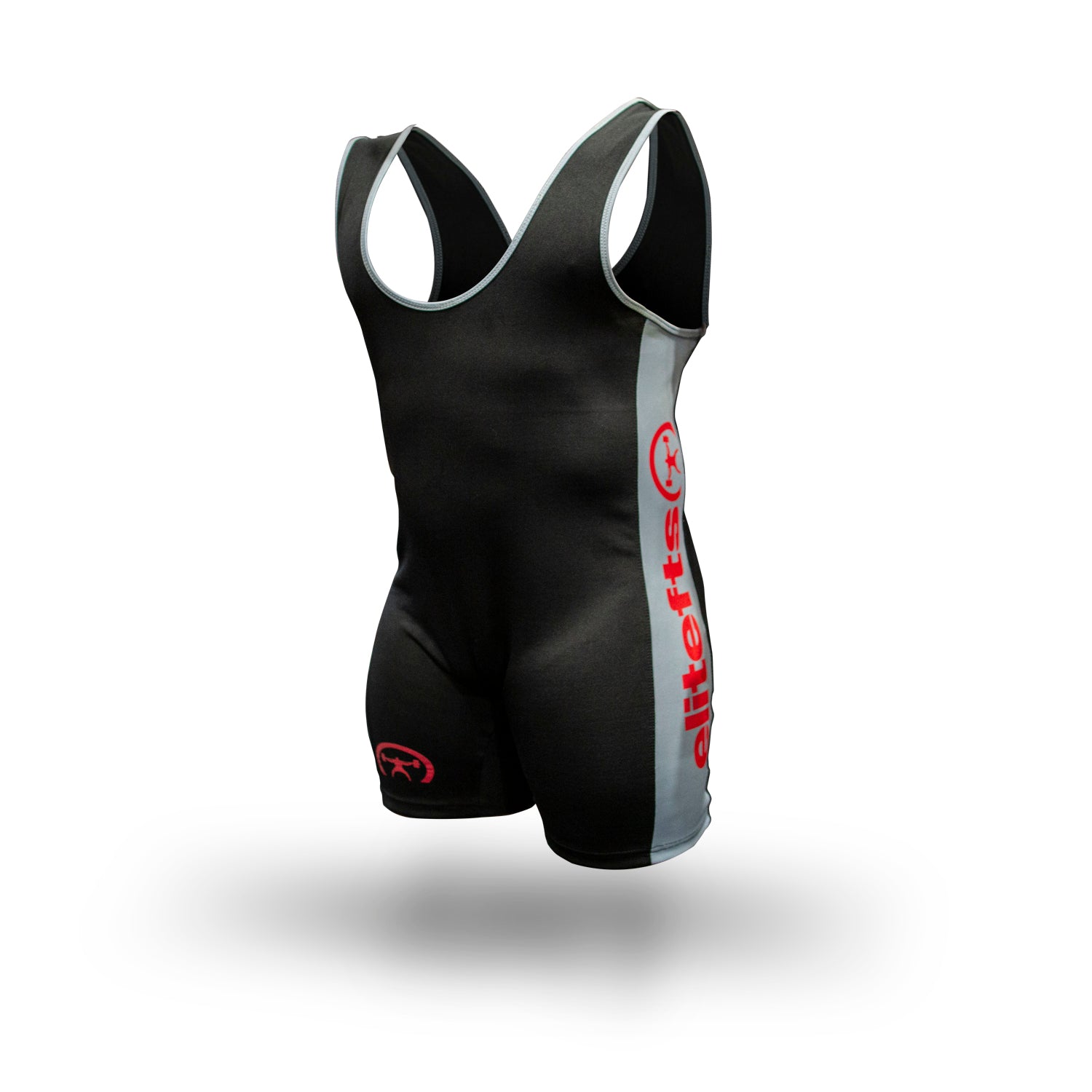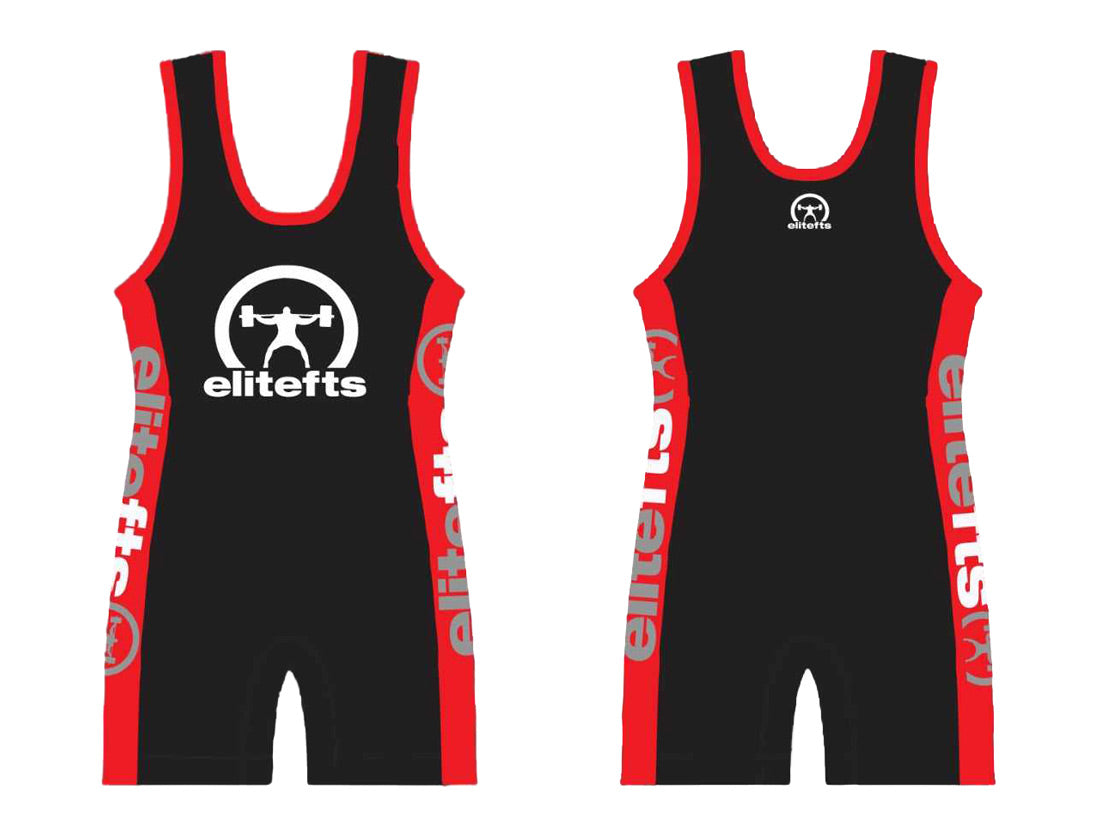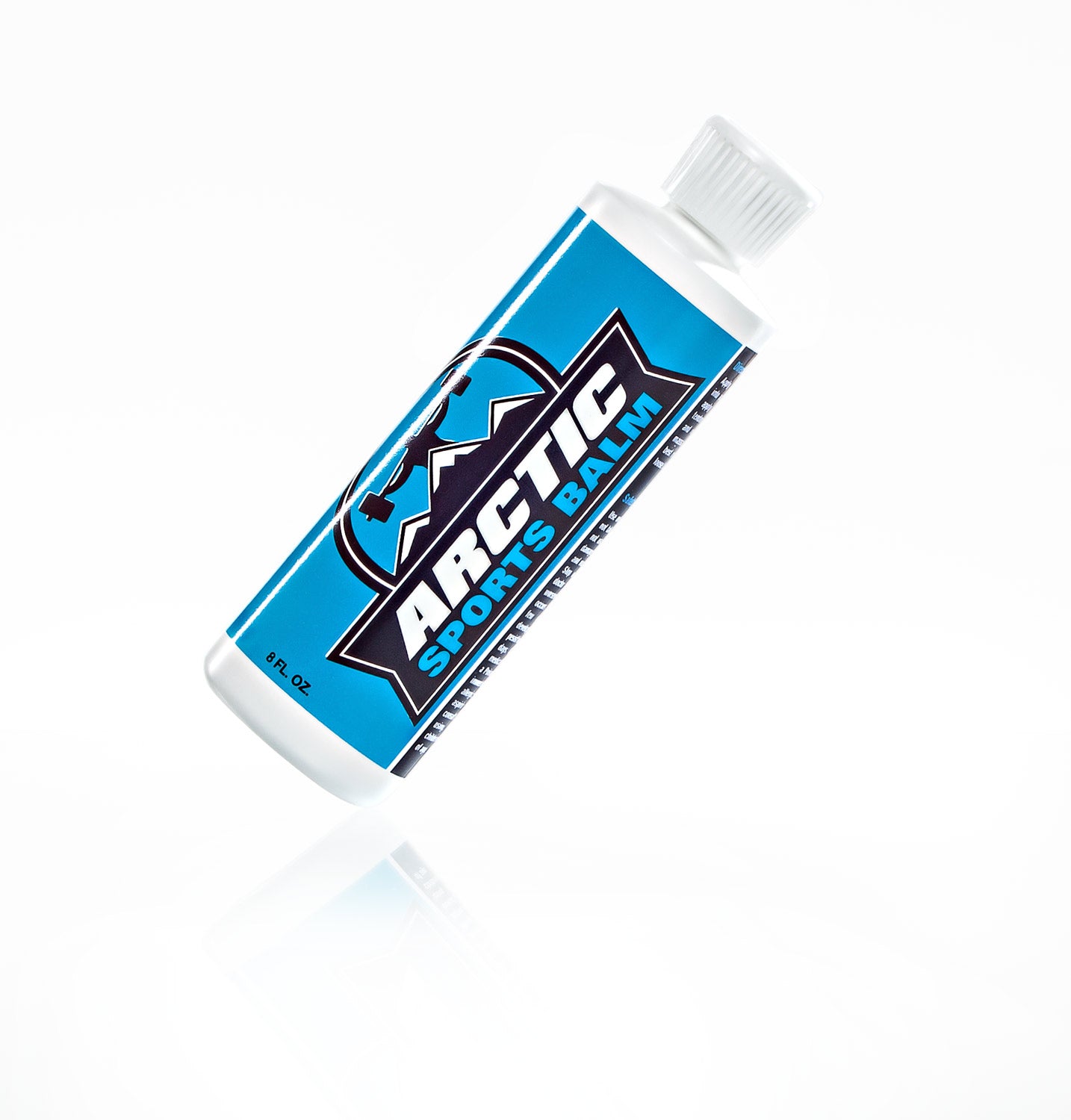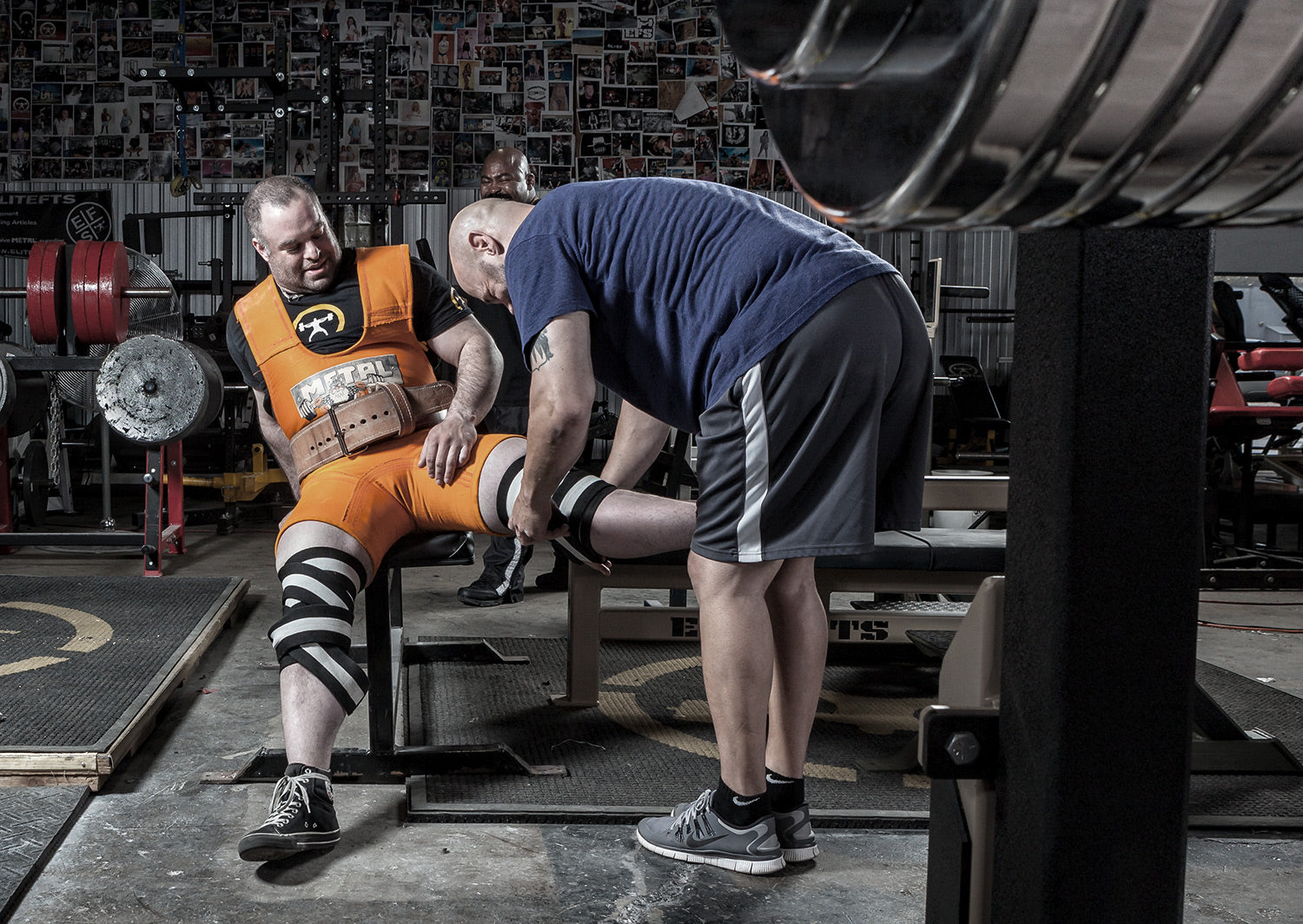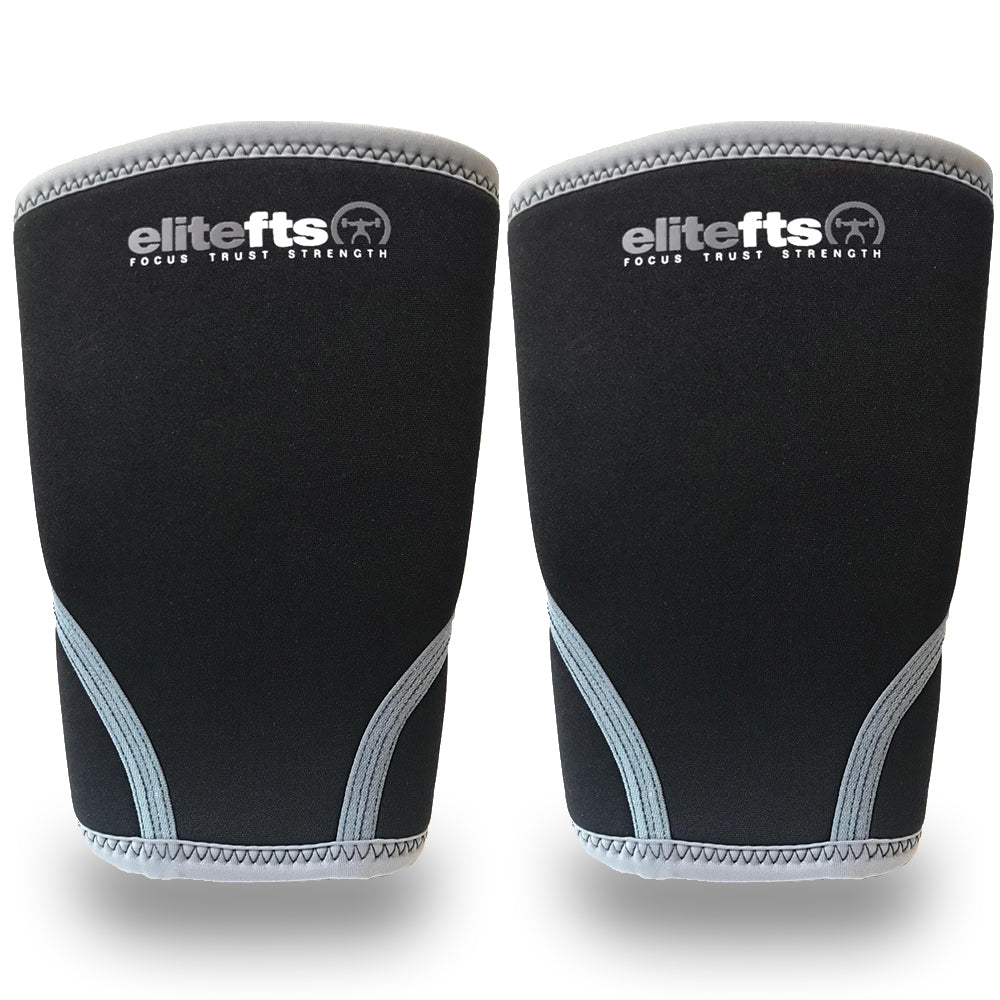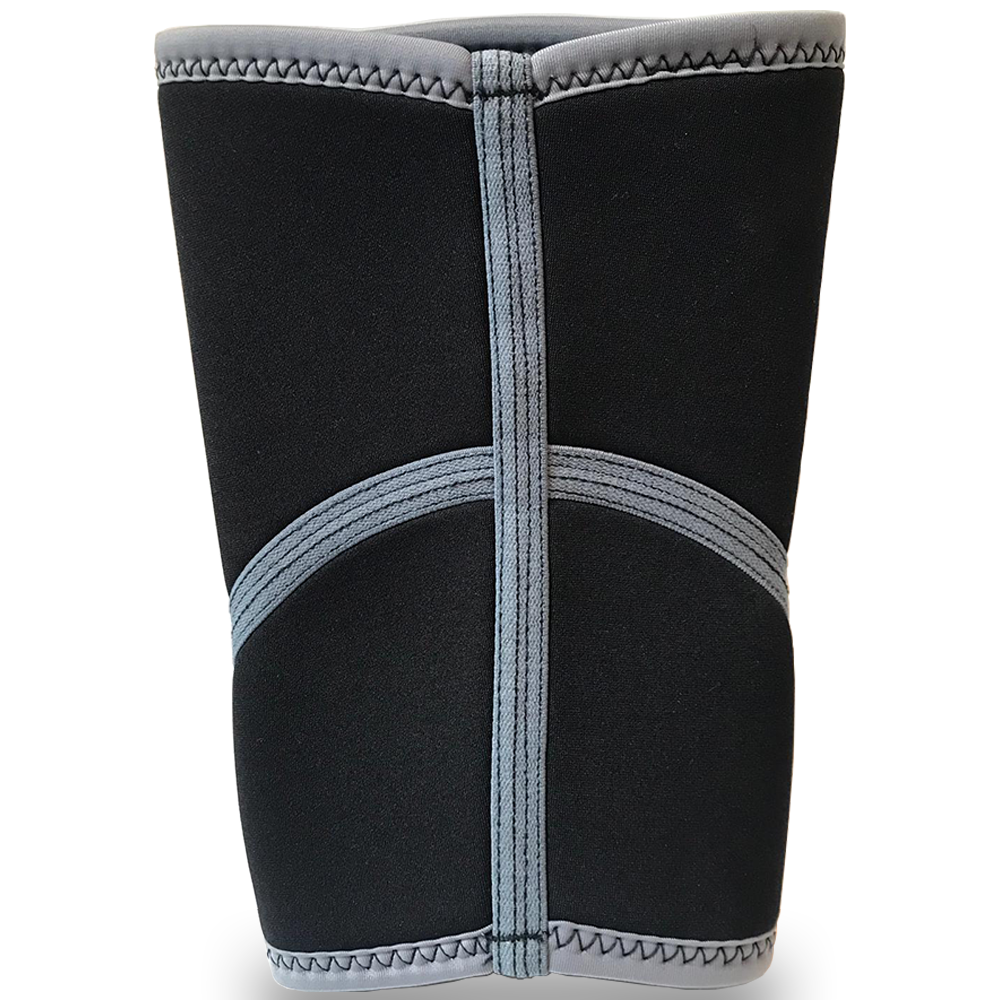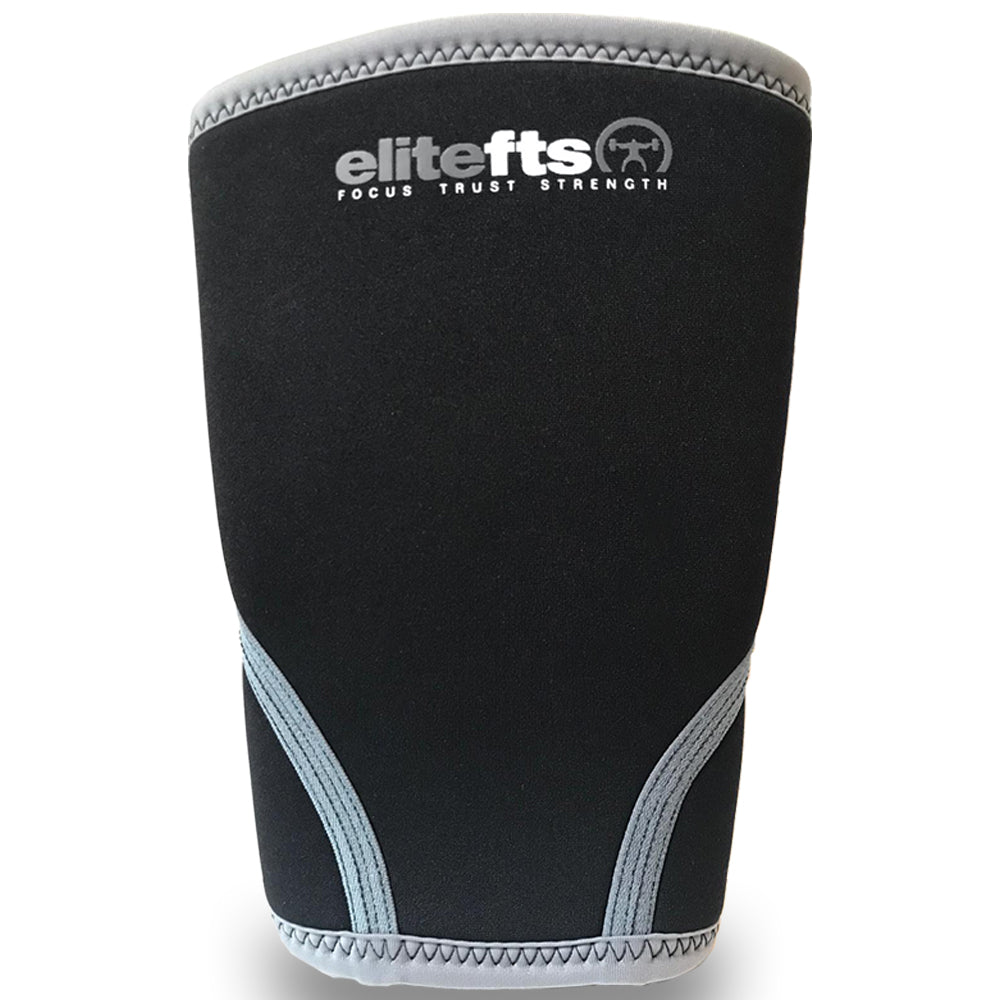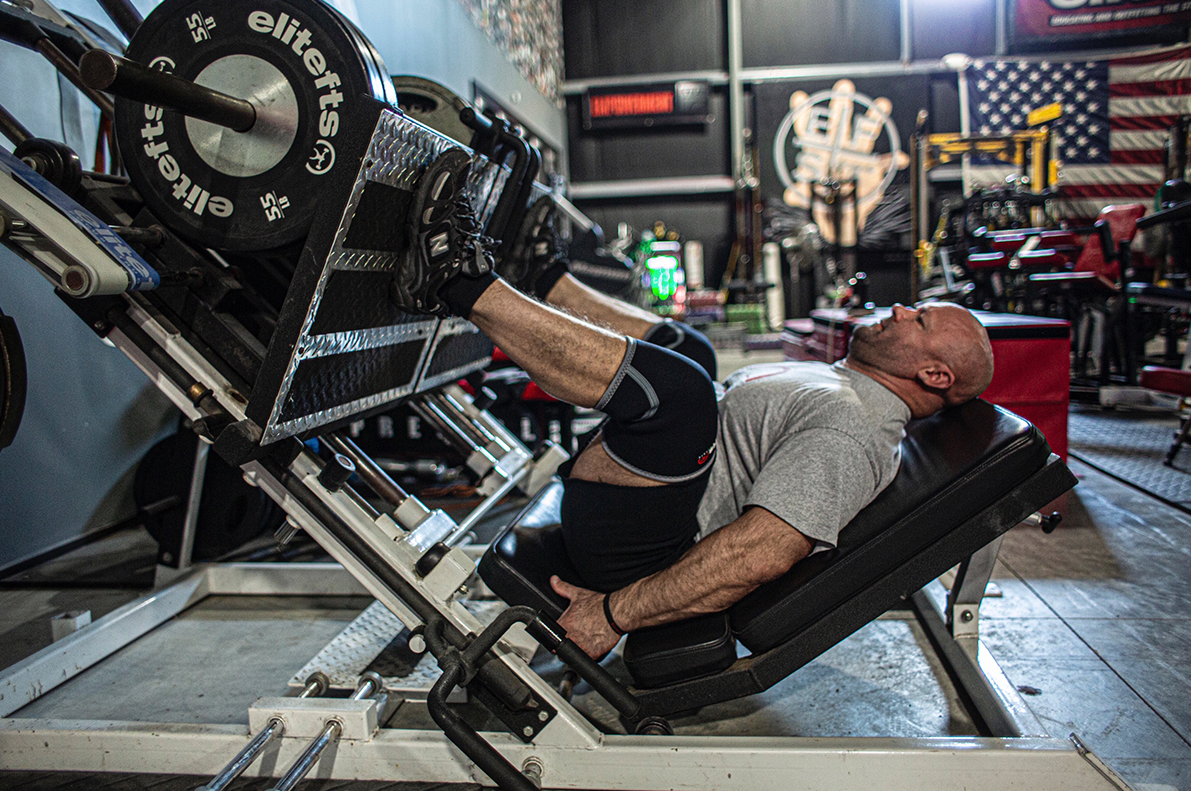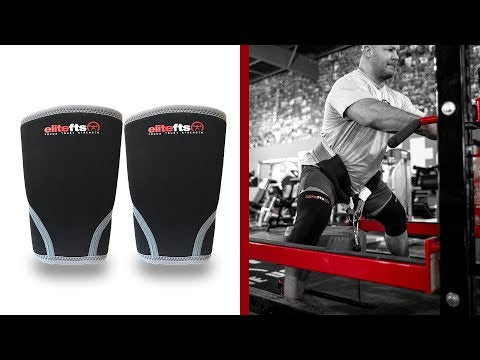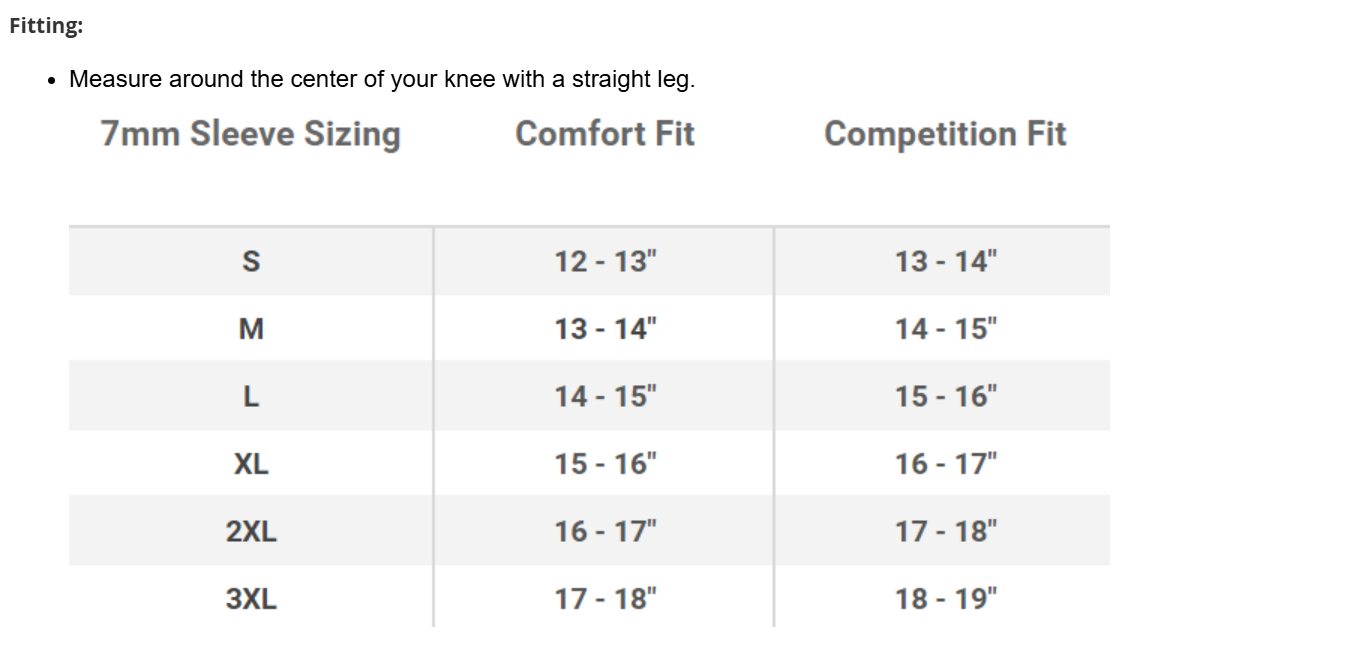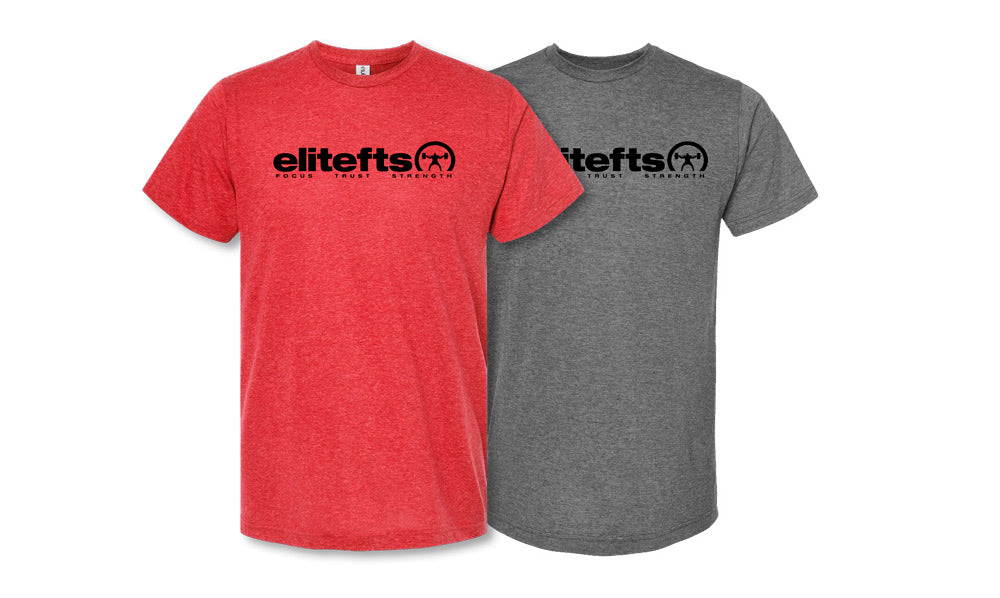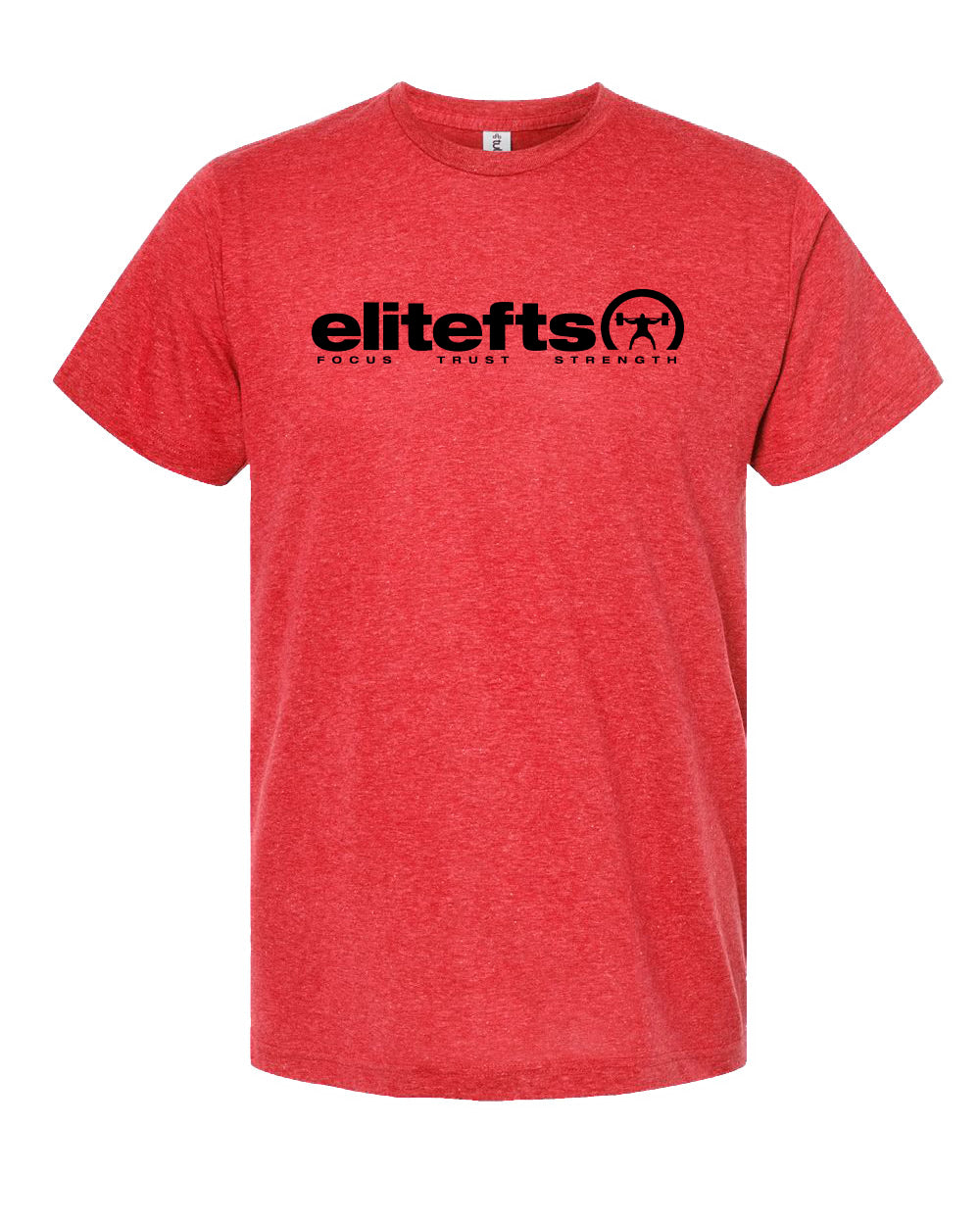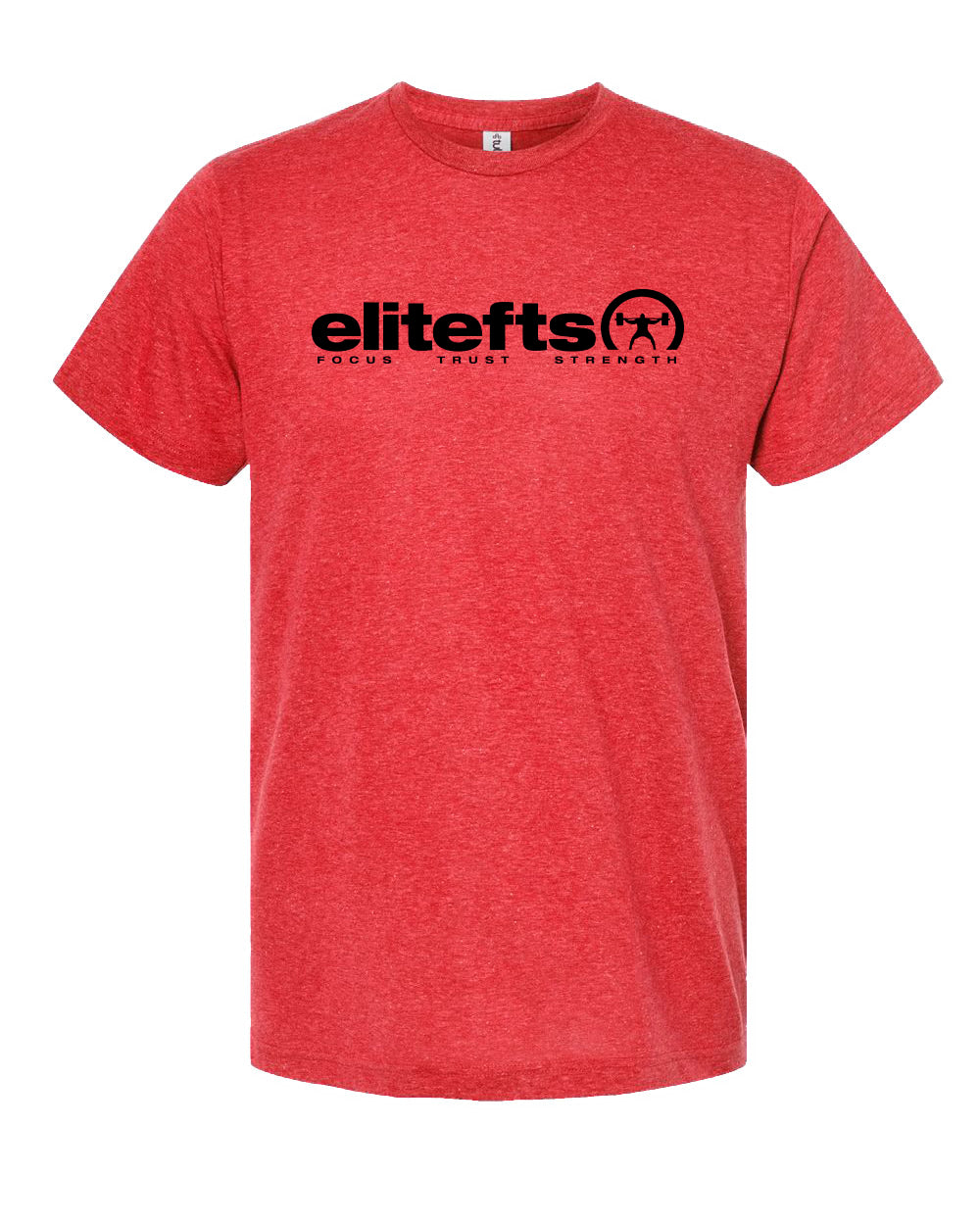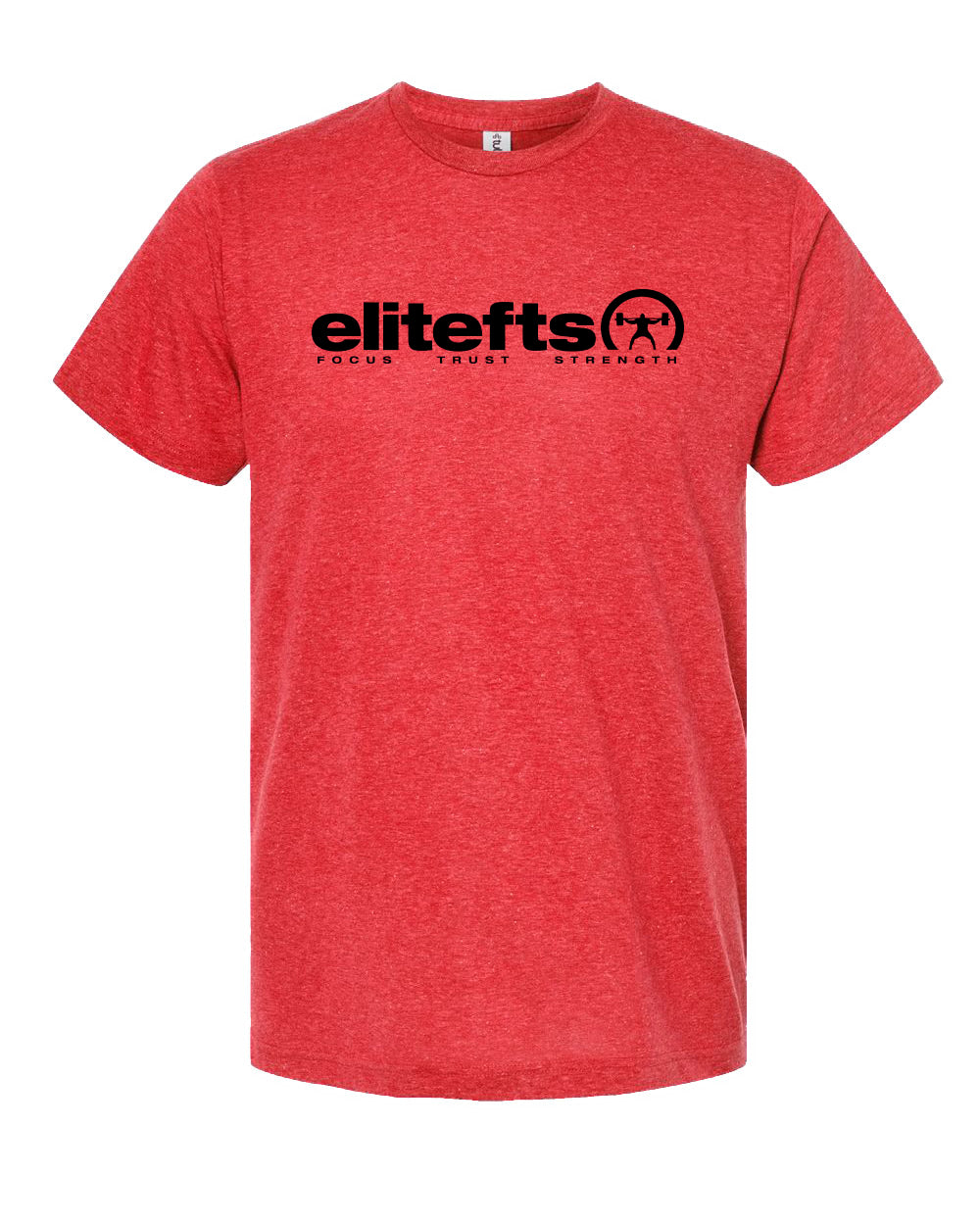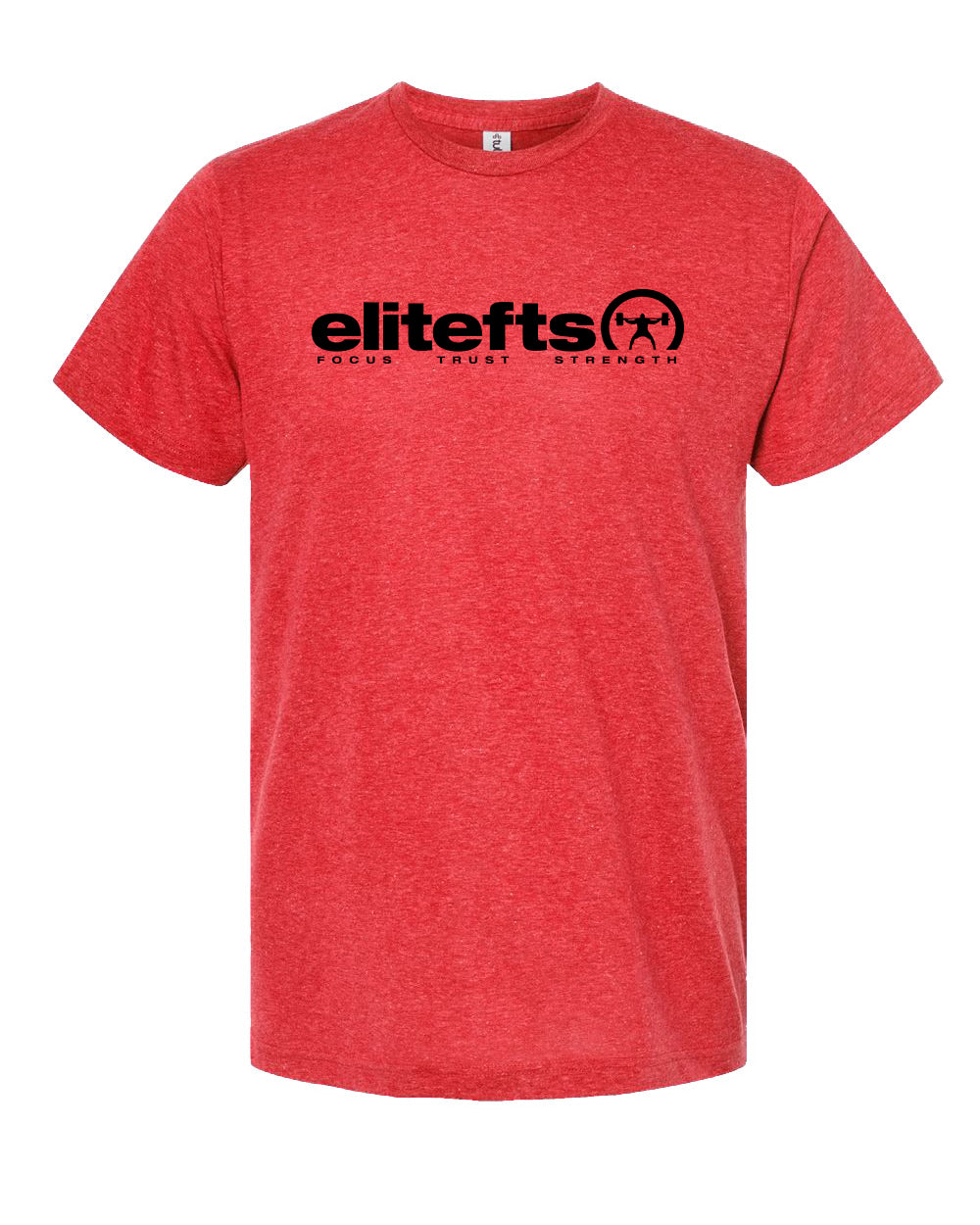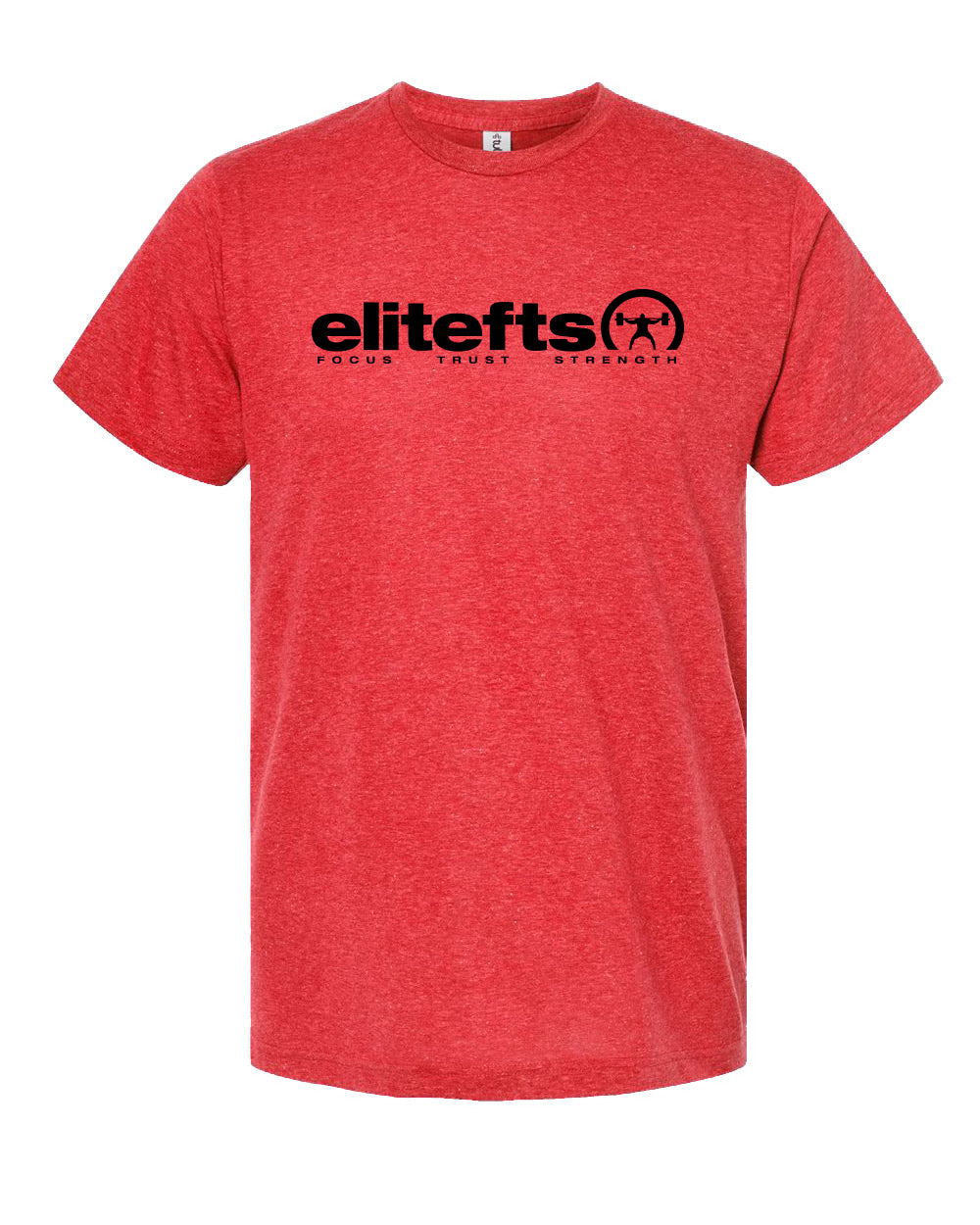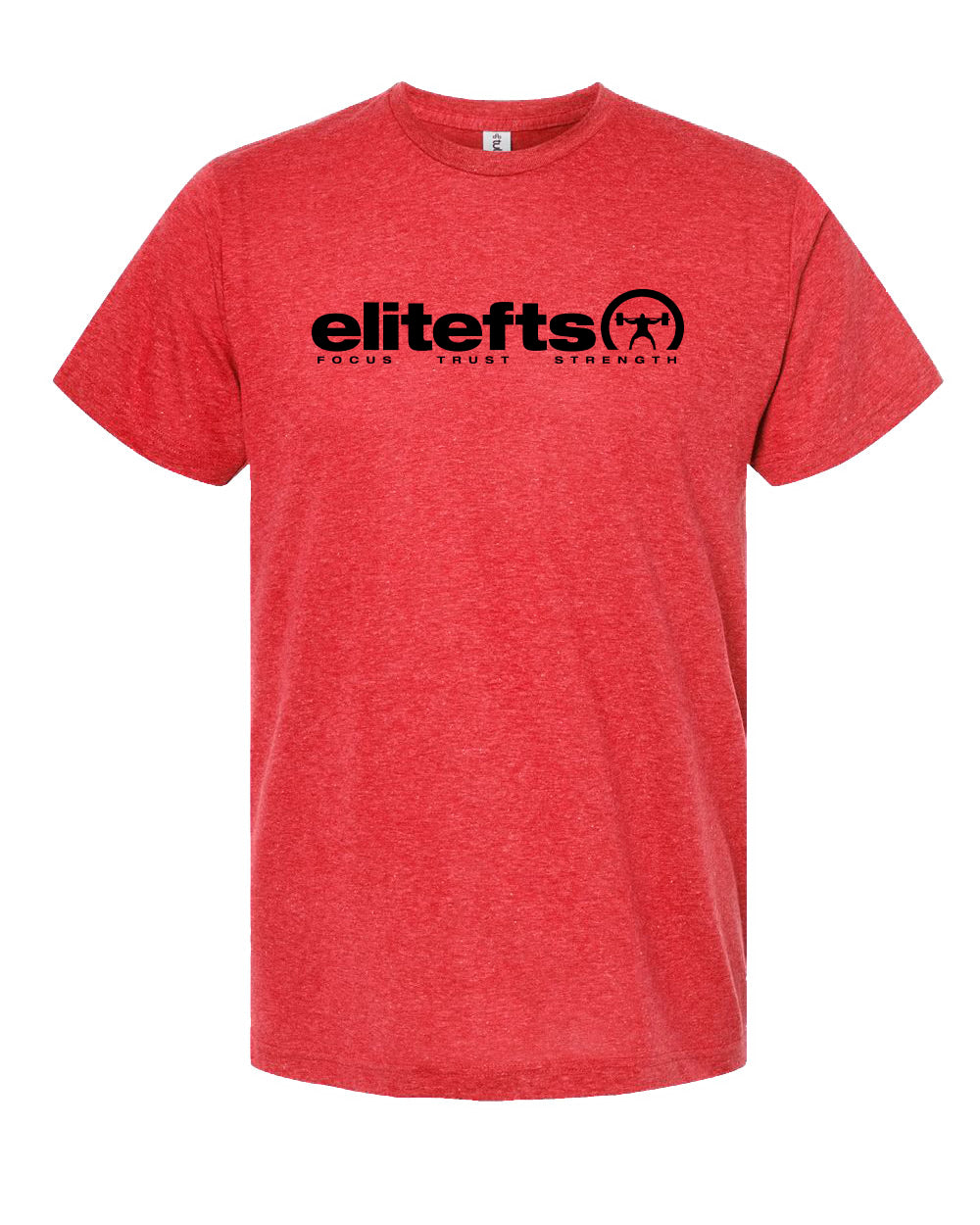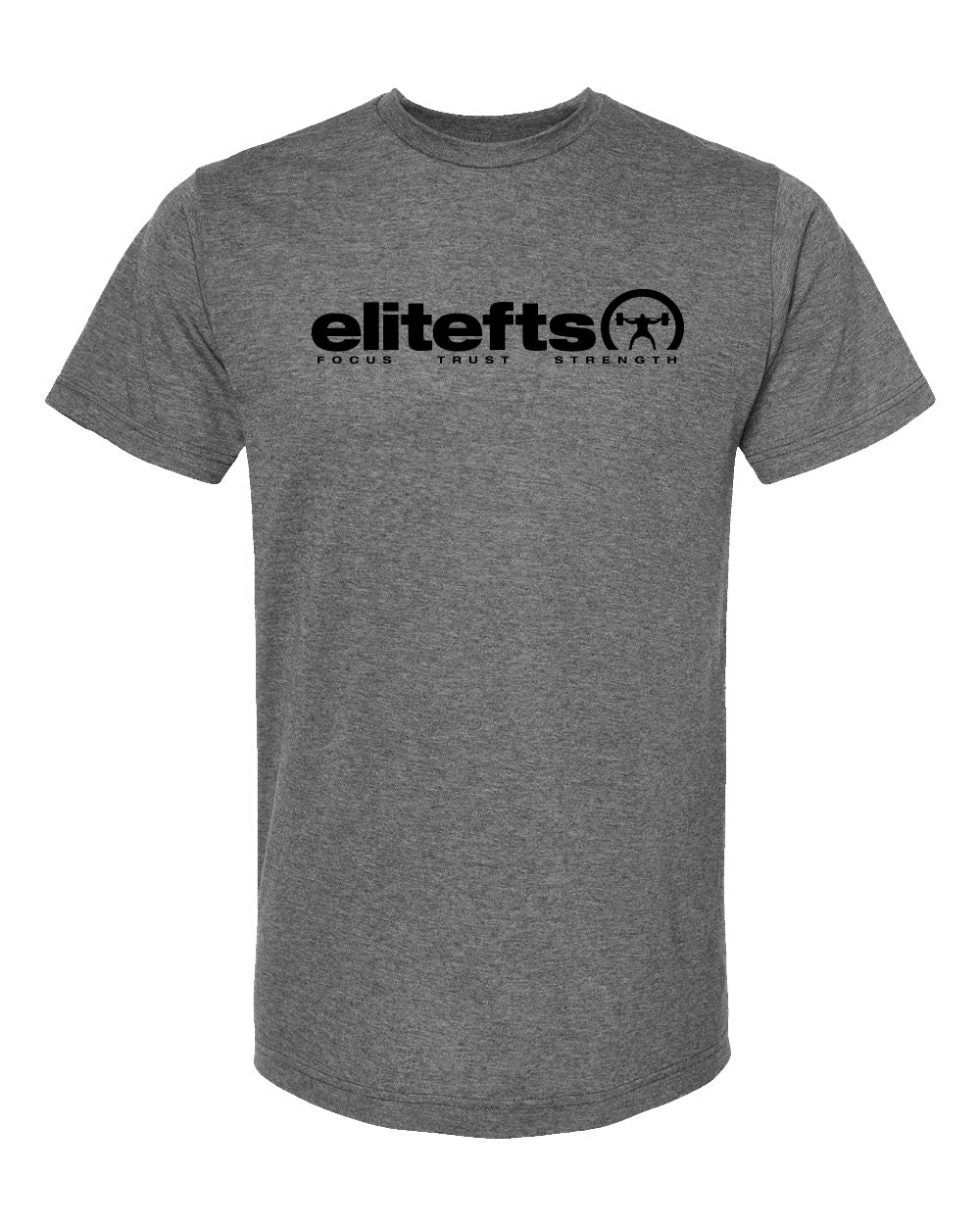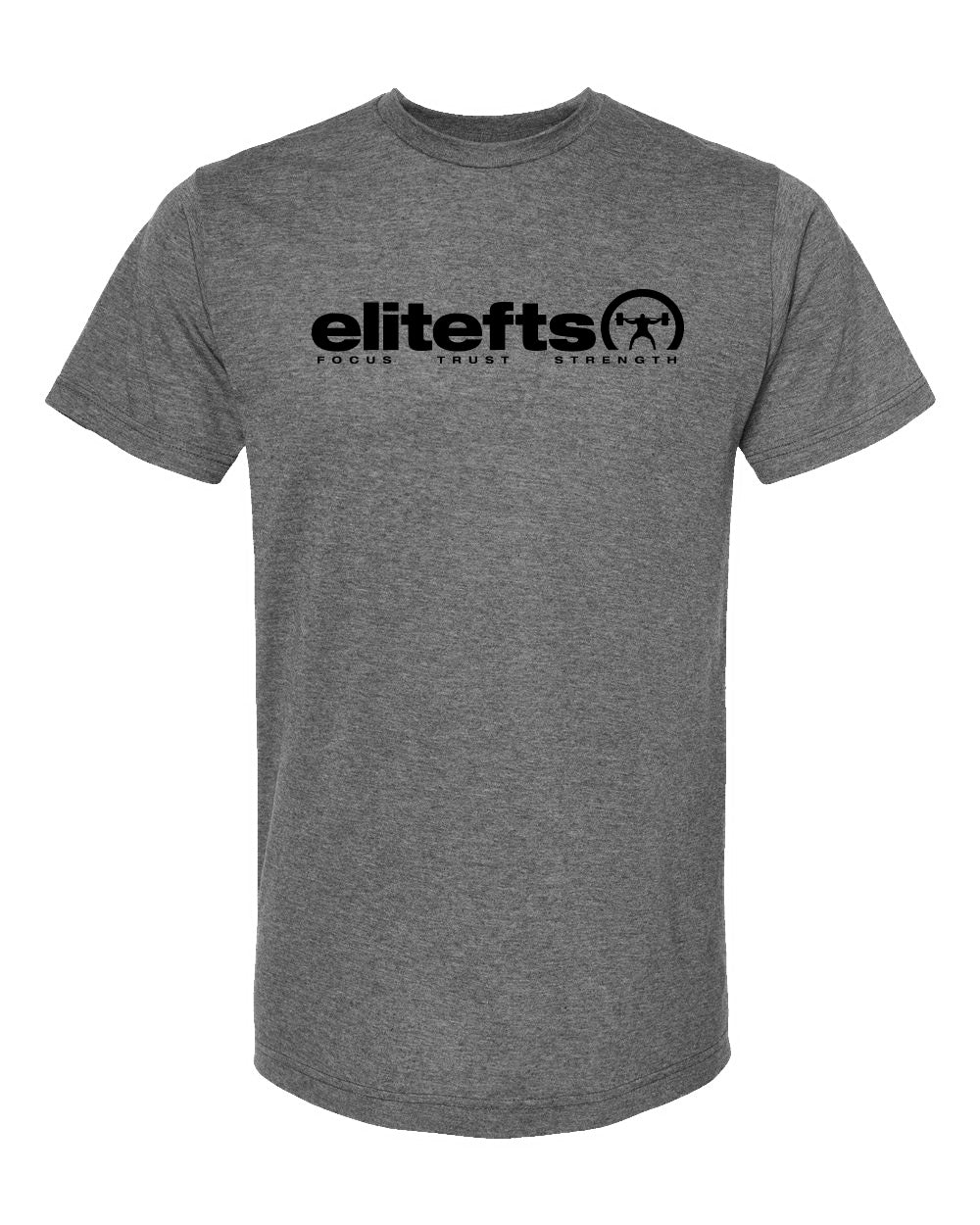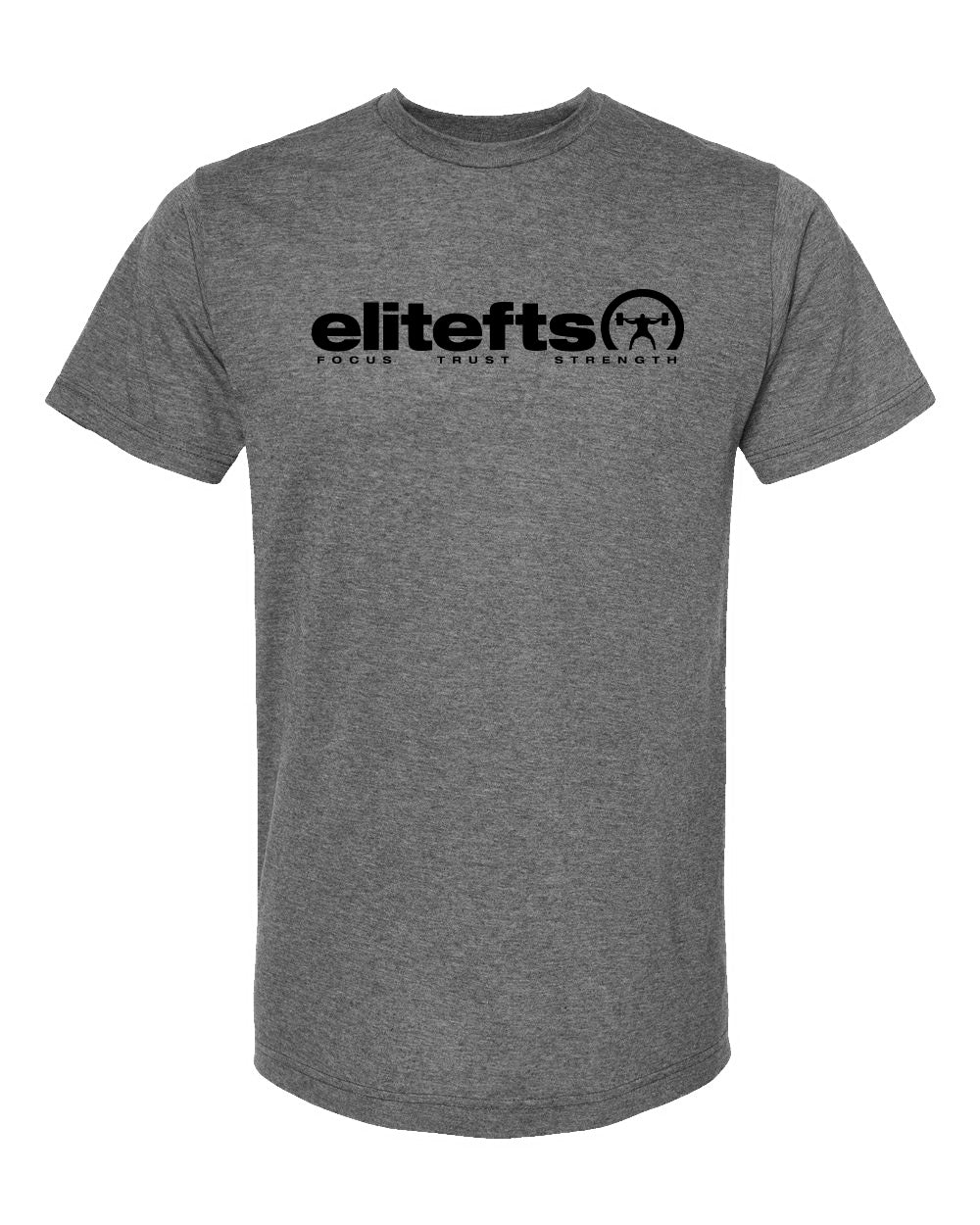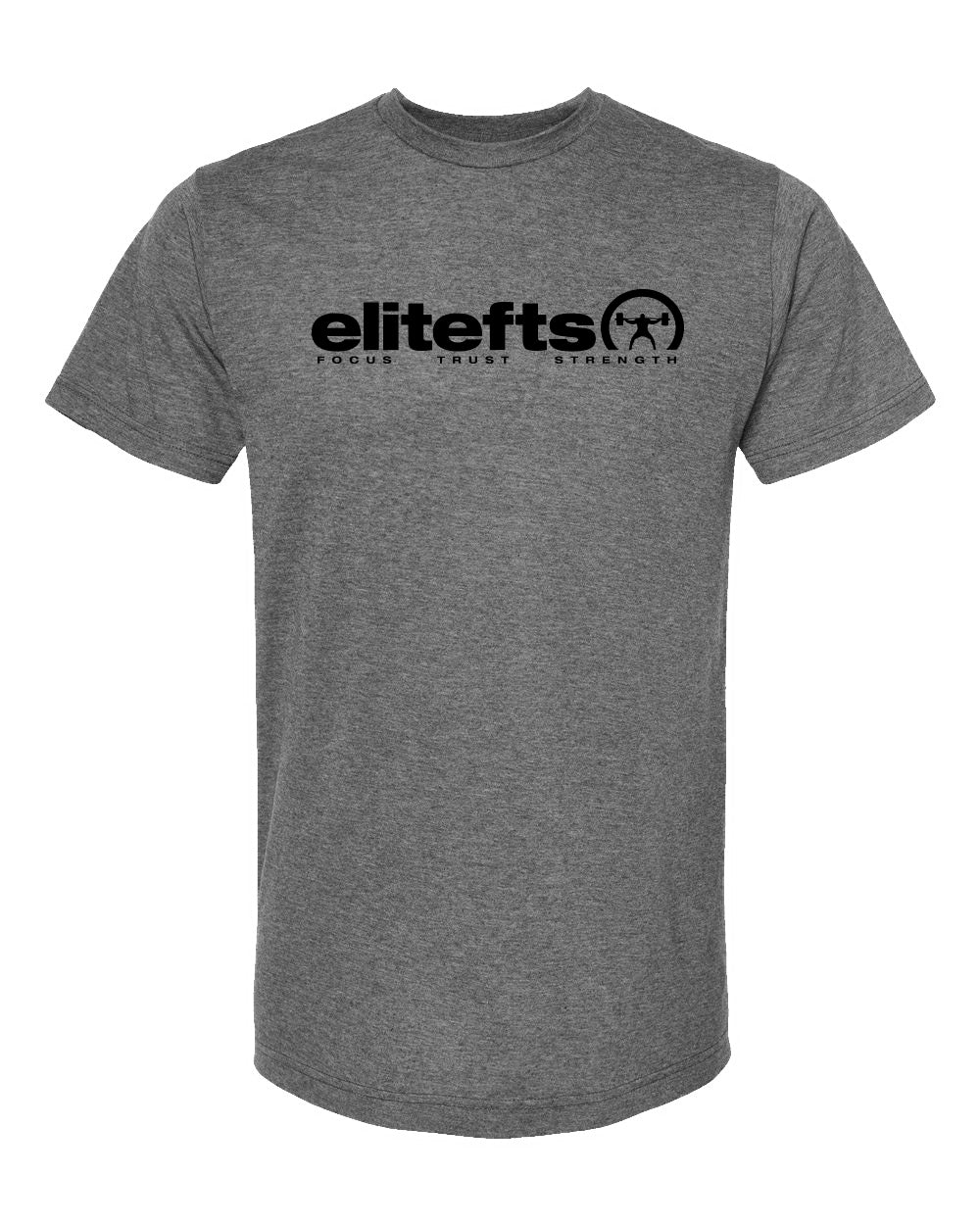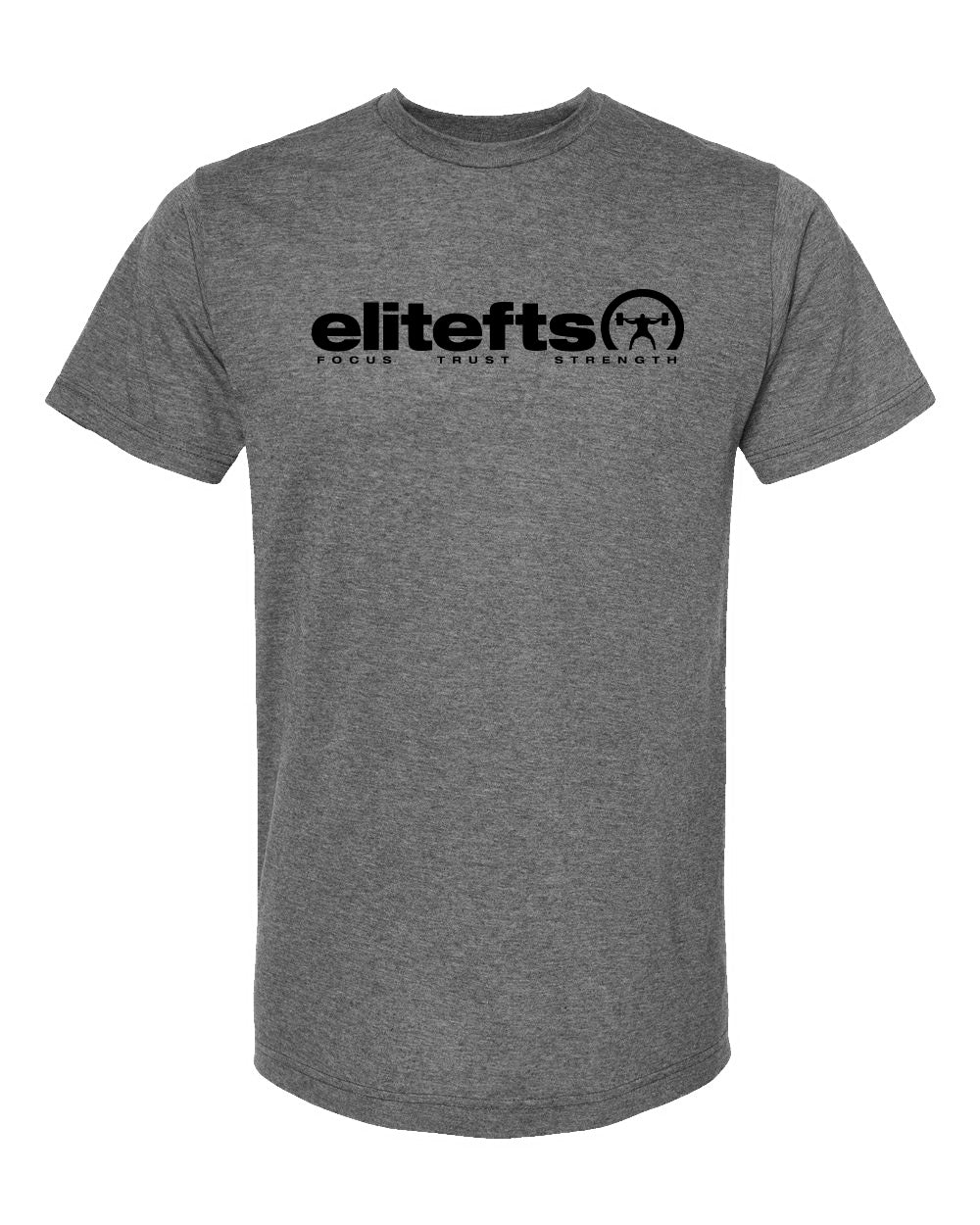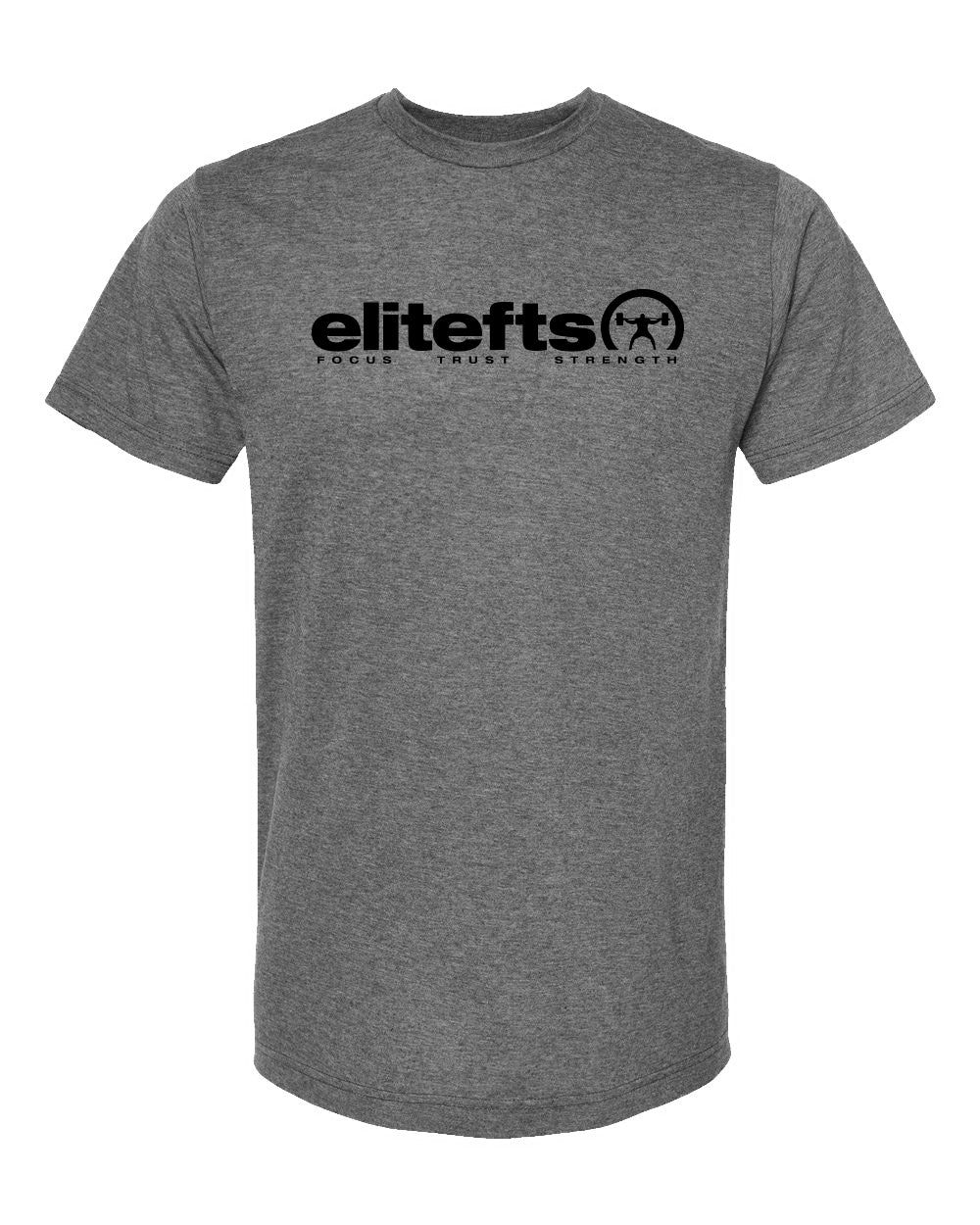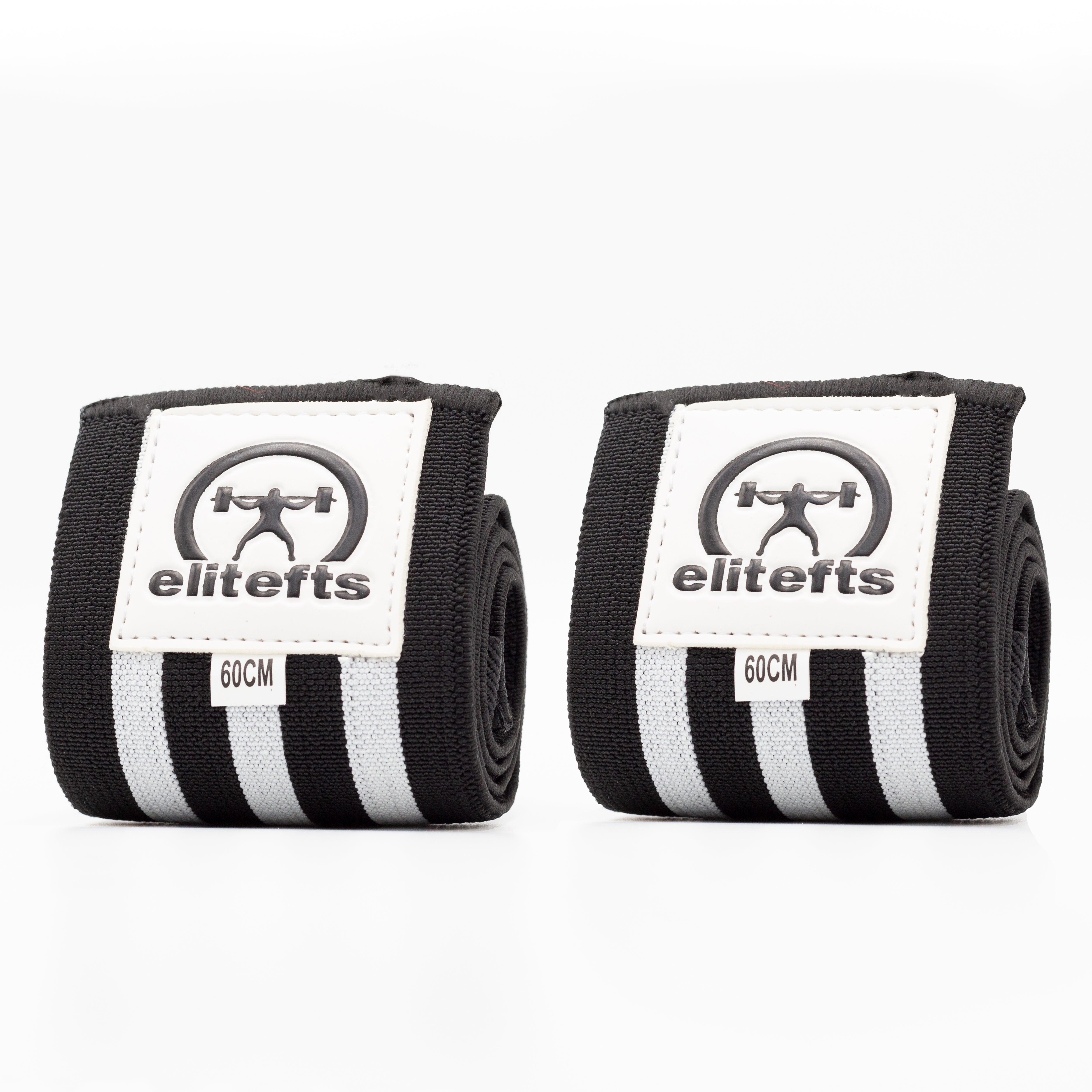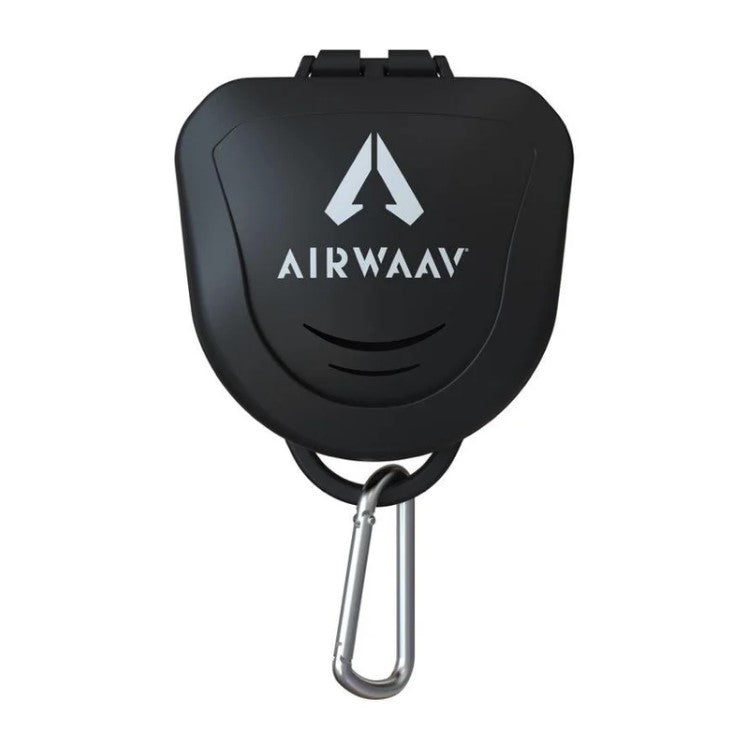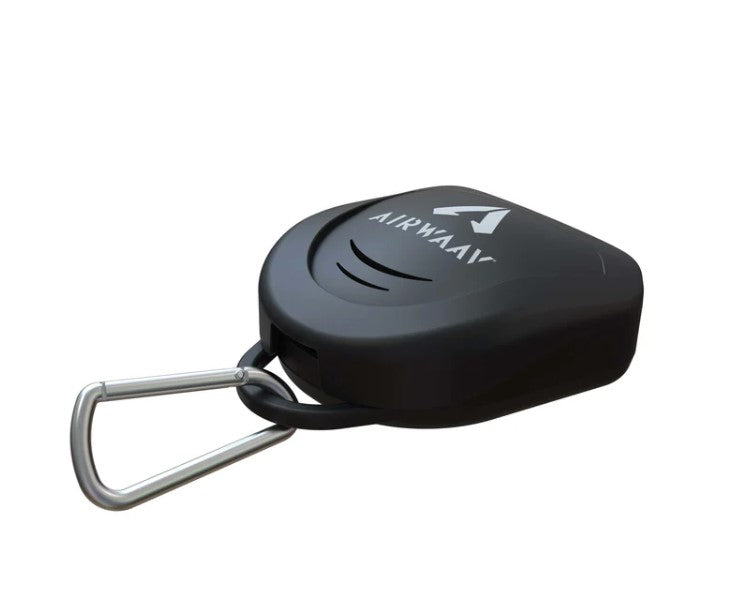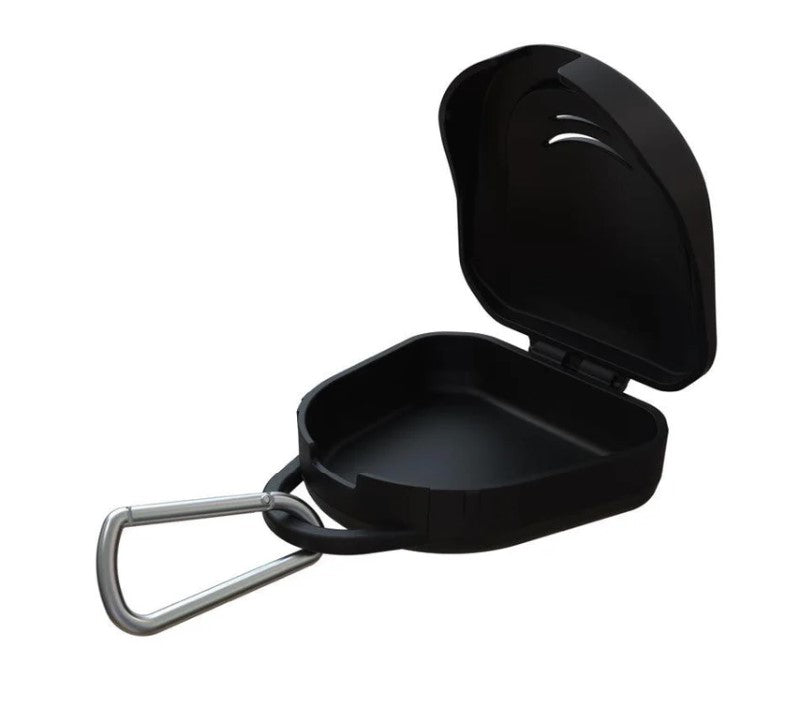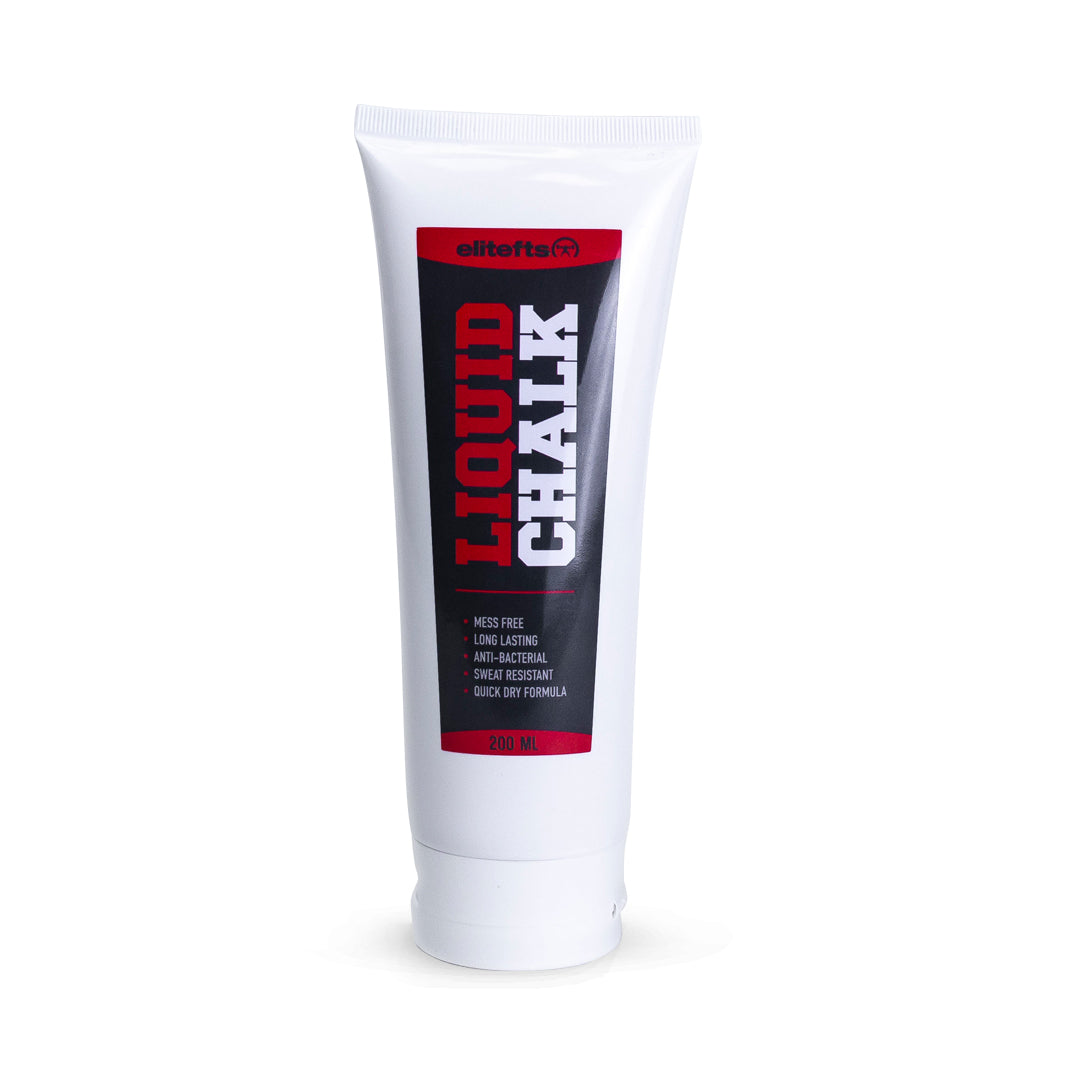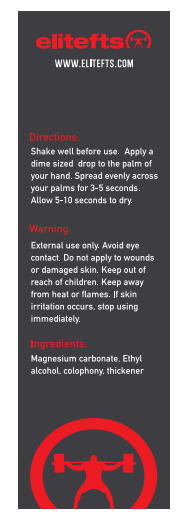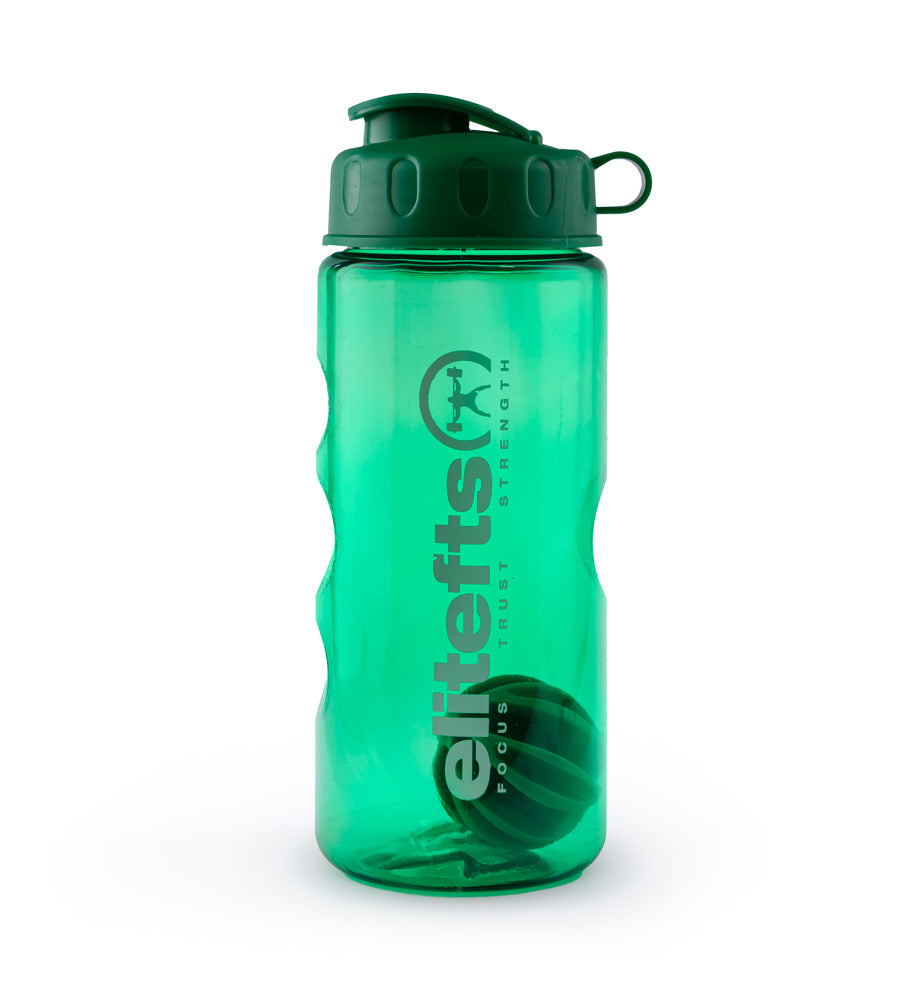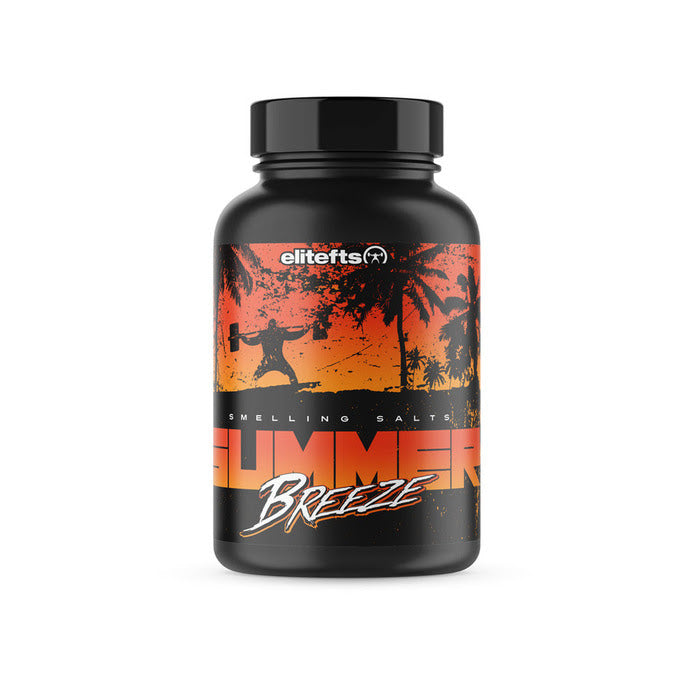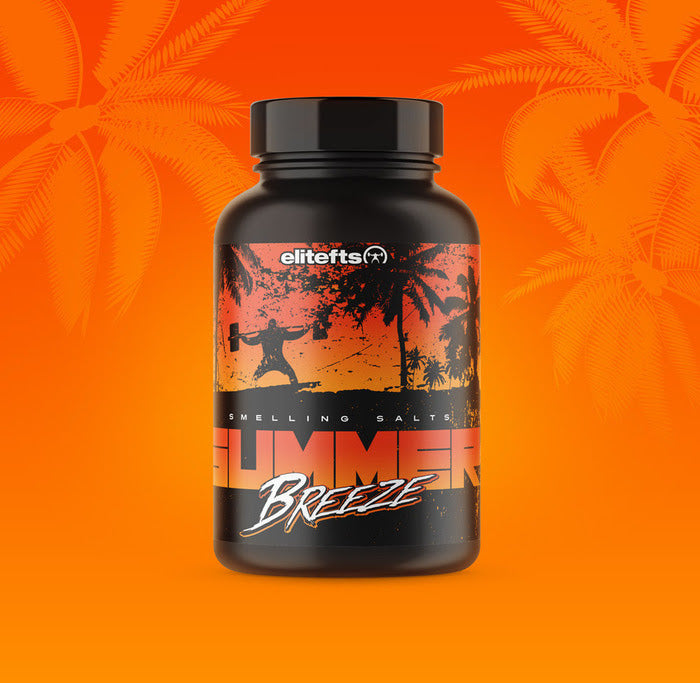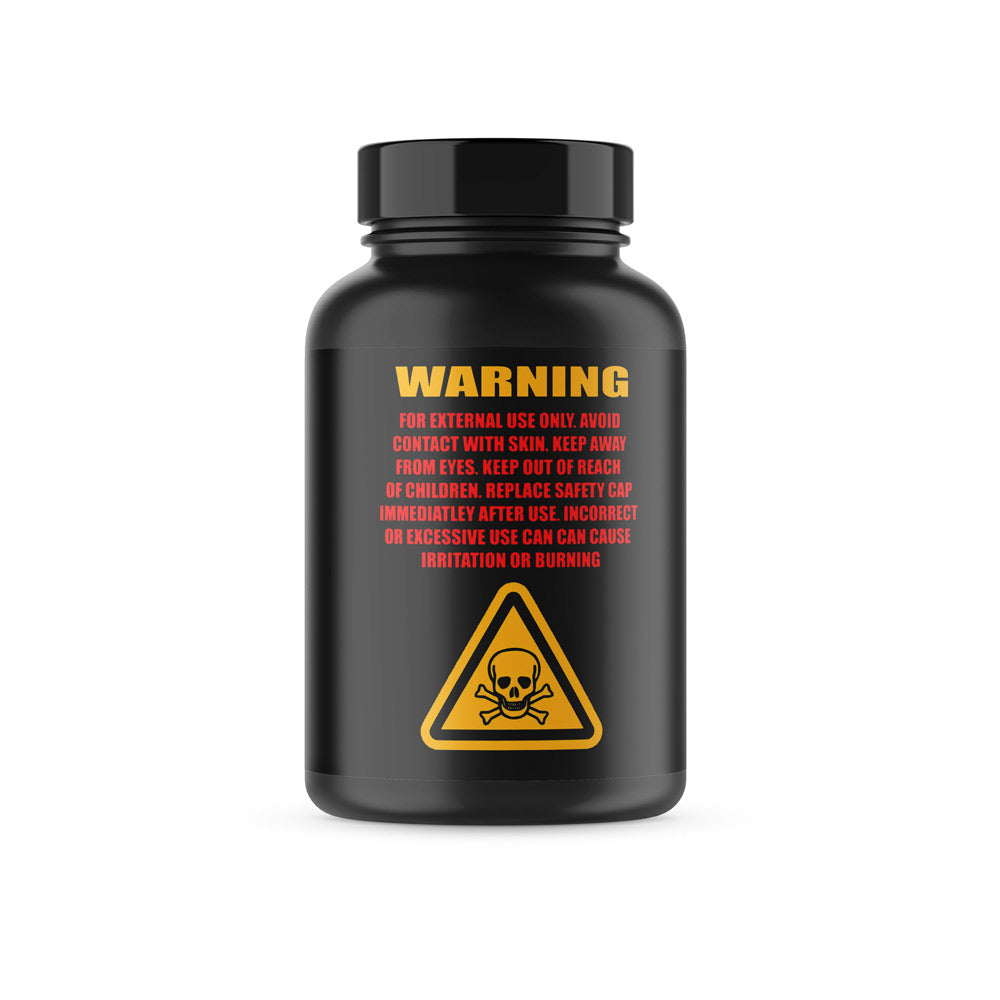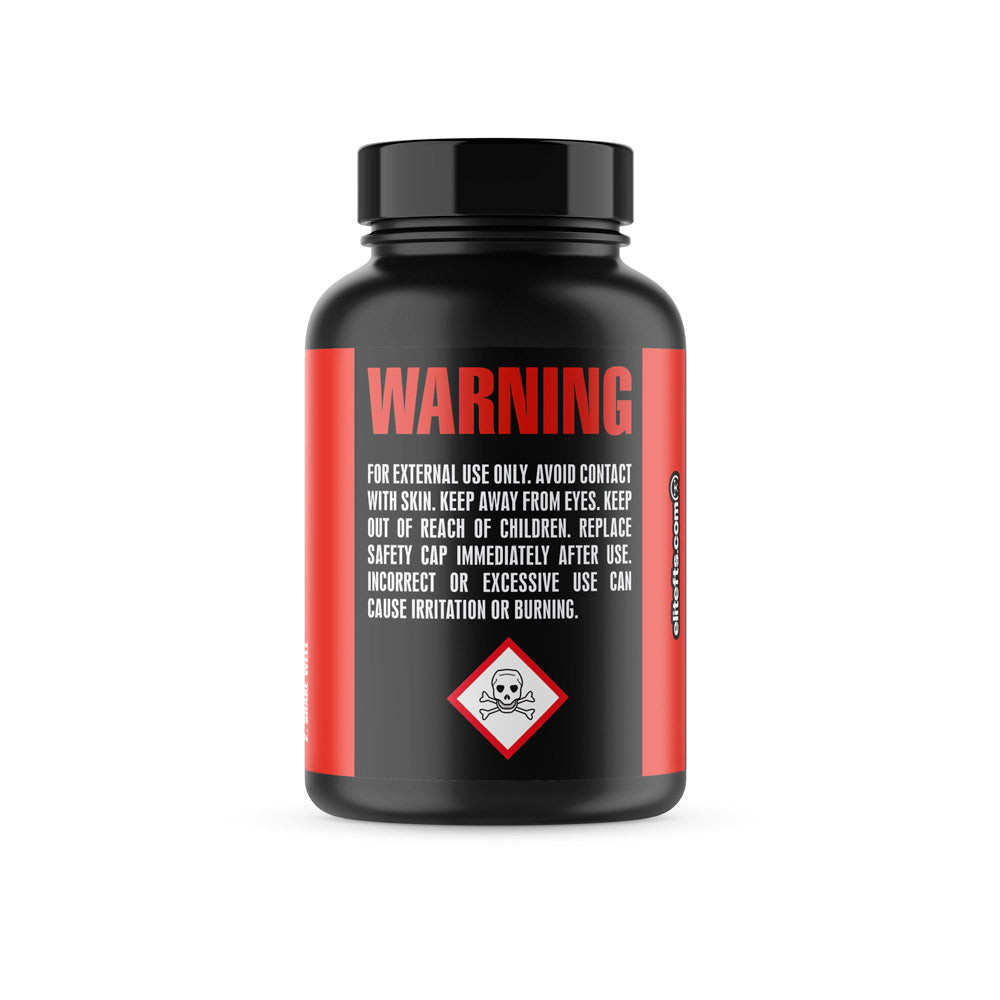How do I increase my bench?
I hate this question so much. It frustrates me to the point of answering with, “Just bench more!” For those that don’t get it, I mean more weight. I have no answer to this question because it is incomplete. There is not enough information to give a correct answer. The same thing goes for those articles written on how to increase such and such lift. I can only assume these people are trying to play the odds and hoping the people that read it need to work on the issues they are talking about. I have always tried to steer away from these types of articles for this very reason. So I am not really writing an article about how to increase your bench; I am writing an article to hopefully make you figure out how to increase your own bench and share some things that have worked for me.
In order to actually help someone increase their bench, I need to see their technique. I need to find their weakness. I need to know and understand their program. I need to know their mentality. I need to know their goals. There is any number of issues that can need to be fixed in order to increase their bench. If they're weak at the bottom, I can give them any number of triceps exercises and it will probably not help much. This is especially true if their lats are their weak area. I can give them lots of great lat and back exercises, but if their lockout is their weak area, it probably won't help much. I can give them any number of exercises, but if their technique sucks it probably will not help much. Maybe their goals are insane and their expectations are up in the stars. If so, no matter what realistic gains I help them make, they will still not be happy. Maybe they're under-trained or over-trained, but if I do not know this I cannot help them increase shit until those issue are fixed. Any intelligent coach knows this question has no real answer without more information.
By the way, one of my favorites is when I ask about technique and I always get the same answer, “Oh, my technique is perfect!” Funny how that statement has never come true!
RECENT: Accessory and Supplemental Does Not Equal Unimportant
If you really want to know how to increase your bench, the best way to do so is to learn. Gain all the knowledge you can about benching. Learn proper technique and actually understand it — don’t just do it. Find a program you believe in and understand the principles behind it. Work you ass off, but do it intelligently. Sometimes working your ass off means making time to take a nap or sleep in late. Sometimes it means forcing down more food. Learn to listen and trust your body. This not rocket science, but the strongest in the world are not morons either. They did not reach that level by accident or simply because of genetics.
Okay, so I can’t just give you exercises or specific advice to increase your bench. If I said I could, that would be lying — and I do not lie. I could play the odds and write articles hoping it would help the majority of people make gains based on the mistakes I see people make. That still doesn’t seem right to me either. So where does this leave me?
Well, I don’t write for the money or the very small amount of fame it gives me. I write because I want to help people get stronger. I want to help them do it in a better, more intelligent way. When I was thinking about this article, I thought maybe a good place to start would be showing some of the best exercises that worked for me and how to actually do them correctly. My fallback exercises, if you will, that I used to get my bench so high.
I think now is a good time to say that the chest has little to do with a big bench. Yes, it will get bigger no matter how you bench, but it is not a prime mover for a big bench. The real power comes from the upper back and triceps, specifically the inner head of the triceps. The anterior delts—and yes, even the chest—do play roles too. I am sure someone is gonna comment on the size of the chest of some big benchers, but I am just gonna reply, “Did you look at their back and triceps? Because those are always way more impressive.”
One of my favorite exercises that I have been doing for years and years is the rollback dumbbell triceps press. There may be other names but I learned this from Tate and I swear he called it that (or something similar). Honestly, I could give a shit less what you call it as long as you do it correctly.
Herein lies the rub: I rarely see it performed correctly. Most exercises are designed to work in a certain way, and if you do them incorrectly then you're defeating the purpose. Yes, you may still get something out of it, but why get 60% when you could get 100%?
Rollback Dumbbell Triceps Press


Technique of supplemental exercises is just as important as the main lifts. Let's start with the setup. If you're on a bench you should always set up like you do for the bench. This means shoulders tucked down and together, lats squeezed tight, and of course pulling the shoulders down. You should be up on the neck and an arch in the low back. Keeping the elbow in is going to be crucial to this whole movement, because it will put the stress on the inner head of the triceps.
This position will be held until all reps and sets are done. The arms are straight up and palms are facing each other. When starting the descent, the dumbbells are lowered in a straight line so that the head of the dumbbell rests on the anterior delt. This is not a skull crusher where you lower the bar or dumbbell to your forehead. Your elbows should be in and parallel with the body while lowering.
Once the dumbbells rest on the anterior delt you will know to “roll it back” toward your head. This is a key part of the movement because it teaches the body to fire the lats a split second before the triceps to stimulate how they would fire in a correctly performed bench press. So once you start the concentric portion of the movement you fire your lats first, which pulls the elbows towards the feet. Now, you're not pulling those elbows past 90 degrees towards your feet. They should stop at 90 degrees and the triceps fire the weight up. Then do a full lockout at the top and repeat. I always did these for three or four sets of eight to 10 reps. Some people get better results from more work and others from less.
There are a few ways to screw this exercise up and not get the full potential out of it. Not keeping the elbows in is a major one and will take stress off the inner head of the triceps and put more on the outer head. We are not doing this exercise to work the outer head. Letting the elbows drive past 90 degrees before firing the triceps is another huge one. In most cases, this is because guys try to go too heavy. They would have to drop weight to do the movement correctly but they would get better results if they did. Ah, the ego strikes again! The last problem is trying to do dumbbell skull crushers but calling them rollbacks.


You have to come down on the anterior dealt and roll it back. This is a simple yet extremely effective exercise to build strong-as-shit triceps. This was probably my most frequently done triceps exercise and always stayed effective for me.
Now, once you do get seriously strong triceps, you will run into an issue. Once I got over 120 dumbbells they were just too big and I could not do the rollback properly. My solution was to drop down in weight but use a band. I would run it through one palm behind my back to the other palm and then pick up the dumbbells. I found this to be very effective and even harder on the lockout. I think it would be a good variation even if you're not to those weights yet. Another good variation is doing these on the floor. I like these because it is harder to hold your upper back in the proper bench position and it makes the cheater roll the dumbbells all the way back until the full dumbbell touches the ground.
45-Degree Back Row
Another very important exercise for the bench press is the row. Now, I don’t really care what kind of row, but I like to do them fairly heavy. I love plain old straight bar heavy rows, but to be honest I rarely do them because our low backs already get such a beating training for powerlifting. So being able to take some stress off the low back and just focus on the upper back is something I look forward to.I have always been a fan of the plate-loaded chest supported row. If you have access to heavy enough dumbbells I like dumbbell rows with one leg on the bench. Right now I use the
elitefts Core Blaster with the
Meadows Single Row Handle (I do use the double too, but again, the low back is more involved) with one hand braced on my knee to help support my low back. I like to do these with the handle parallel to my body and with the handle perpendicular to my body. Most people know how to do a row but I prefer to keep the back at 45-degree angle and not parallel to the ground. In my mind, this better simulates my bench — and that is the reason I am doing this exercise in the first place.
I know some people are probably gonna disagree with me on this one, but I do not let the weight stretch all the way down. I want to keep my shoulder blades squeezed together just like in the bench. I will let the weight go down as far a possible while doing this but I do not relax my upper back. It has worked for me and I feel a lot more in my upper back by doing this. In the bench and in the squat I lock my shoulder blades together and they have to stay there long enough to get through the lift in competition.
So will doing these two exercises help increase your bench? How the hell could I know that? I've never seen your bench. Will they make your triceps and back stronger? Hell yeah they will. Do these muscles play a major role in a big bench? Hell yeah, the biggest. If your technique is really solid but you're having trouble off the bottom or if you upper back is just weak, then yes rows will definitely help increase your bench. If your technique is solid and you're having trouble half way up or at the top end or lockout, those rollbacks will help increase your bench. If your technique sucks, who knows? Maybe you suck off the bottom because you're not using your upper back correctly, but it is actually strong enough.
My point is, these seemingly simple questions are not simple at all if you understand strength. Stop looking for the easy answers and start looking to learn. Don’t seek answers; seek knowledge so you can answer your own questions (or at the very least ask more thorough questions). If you want to increase your lifts, increase your knowledge!










